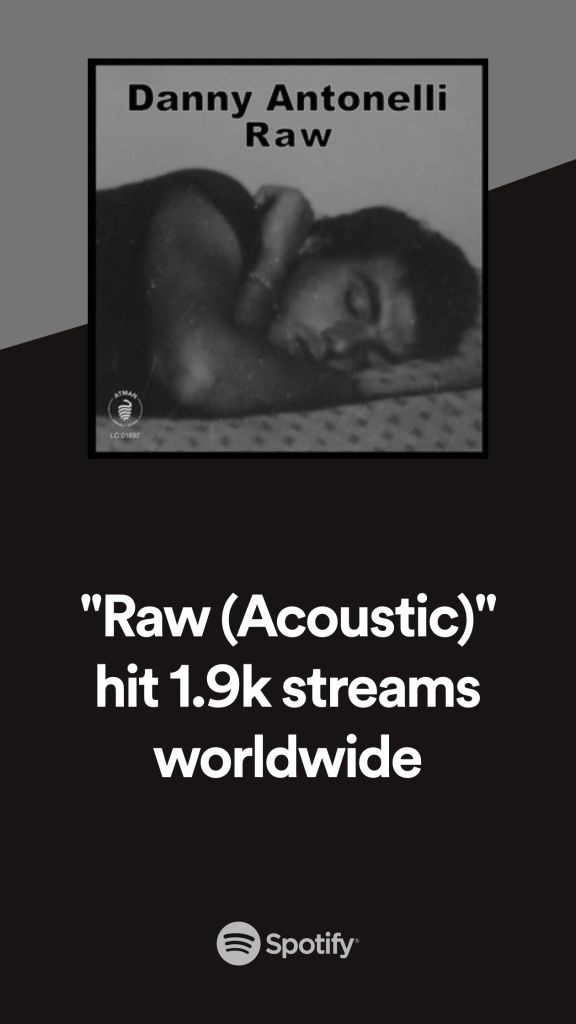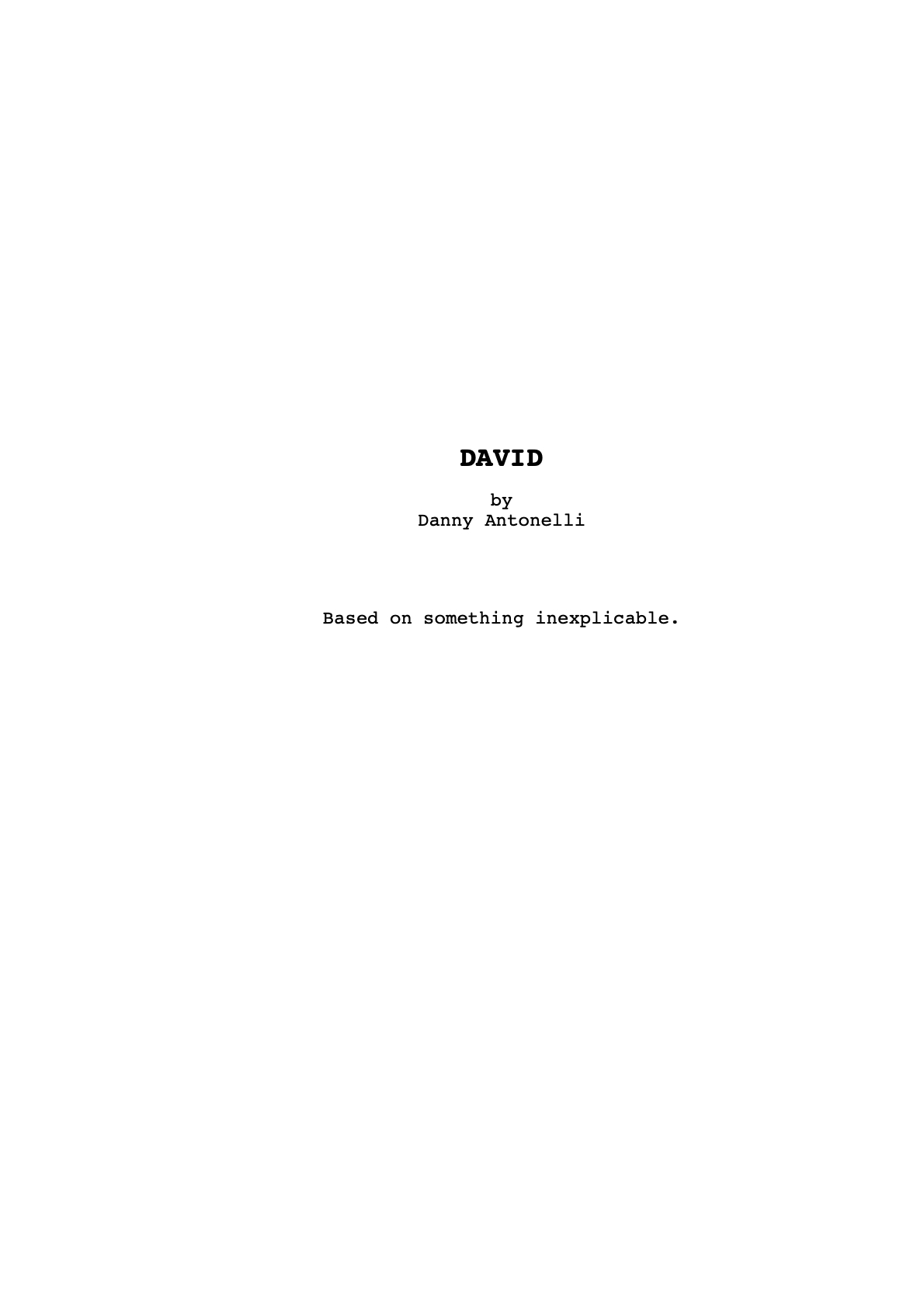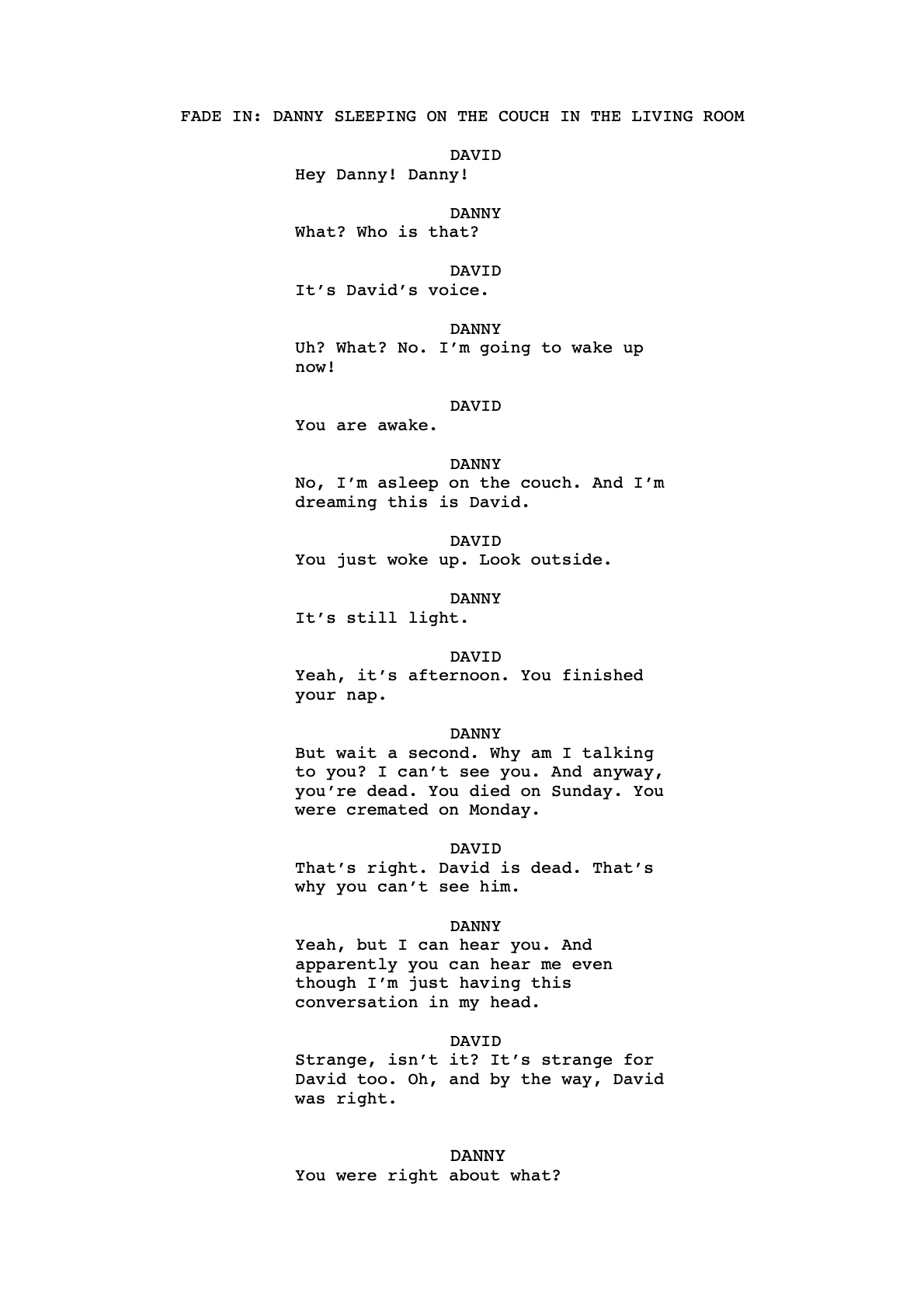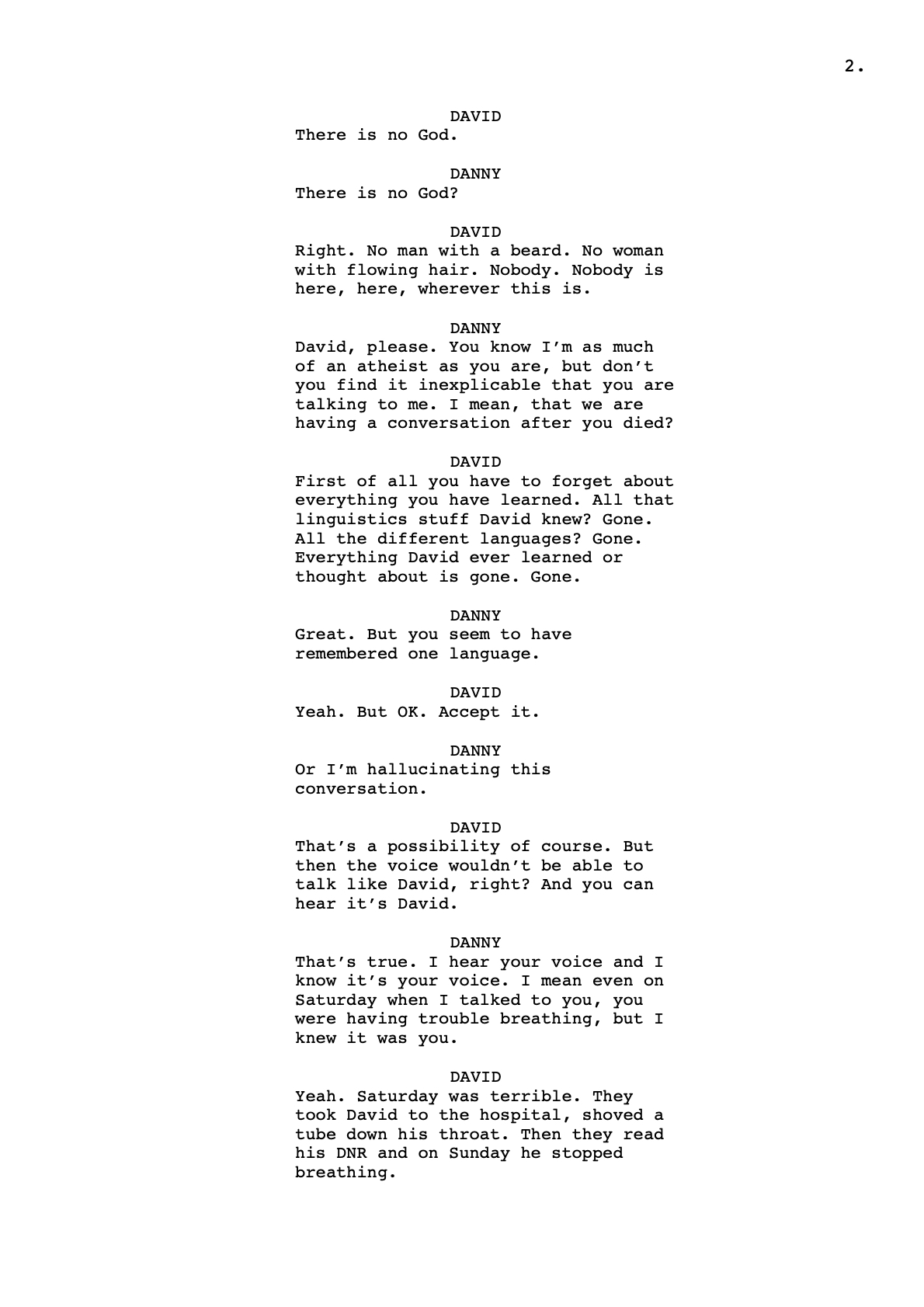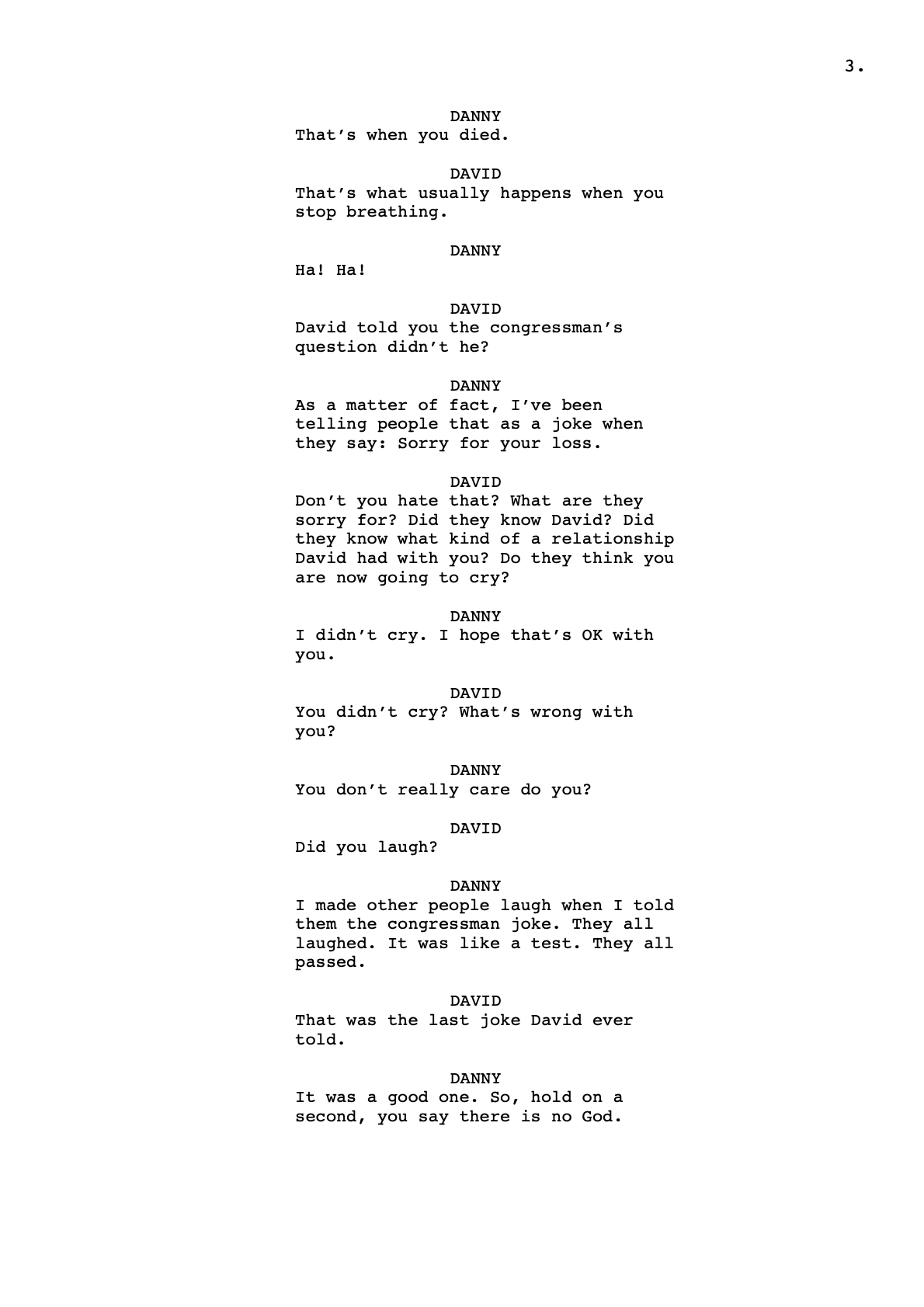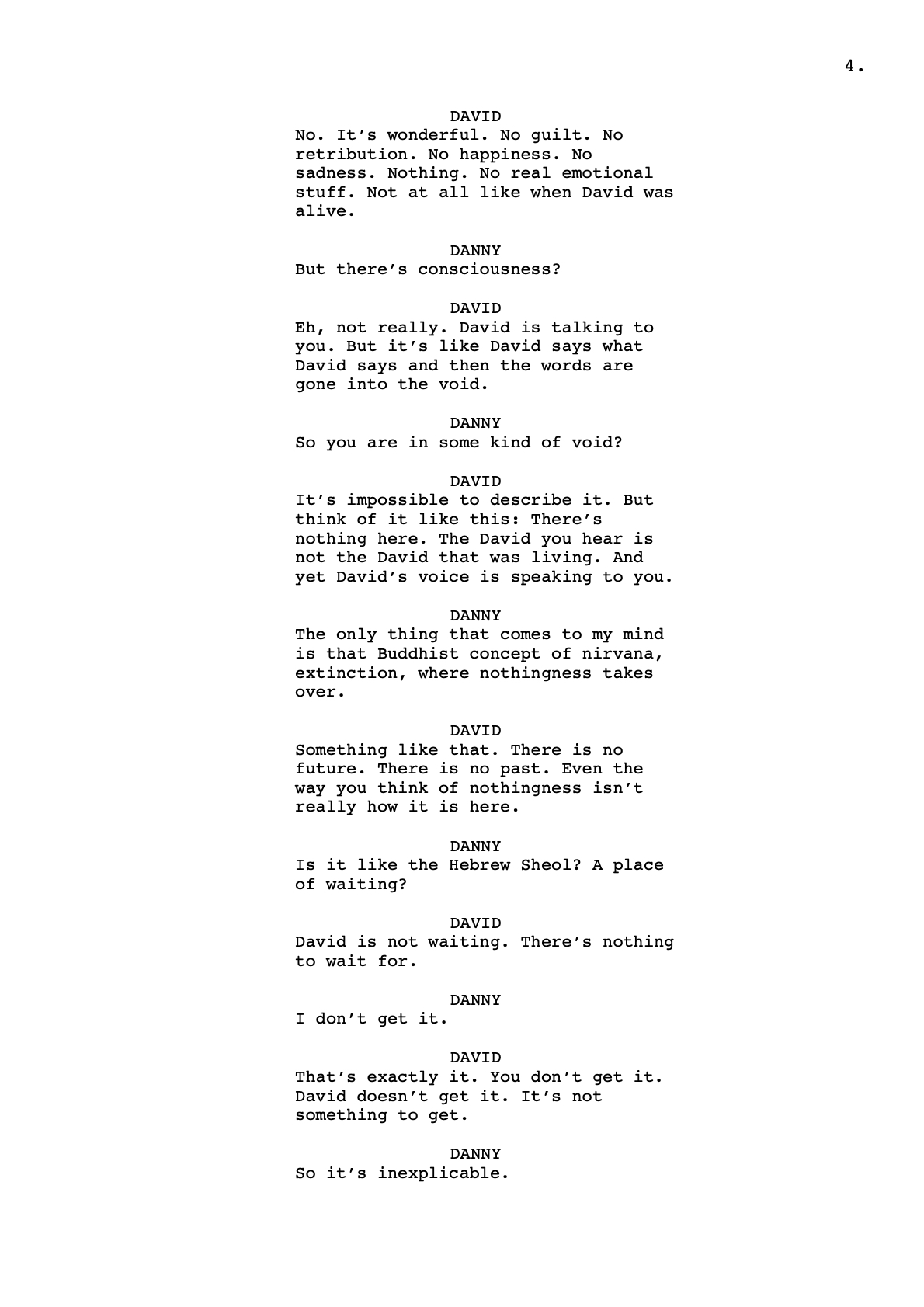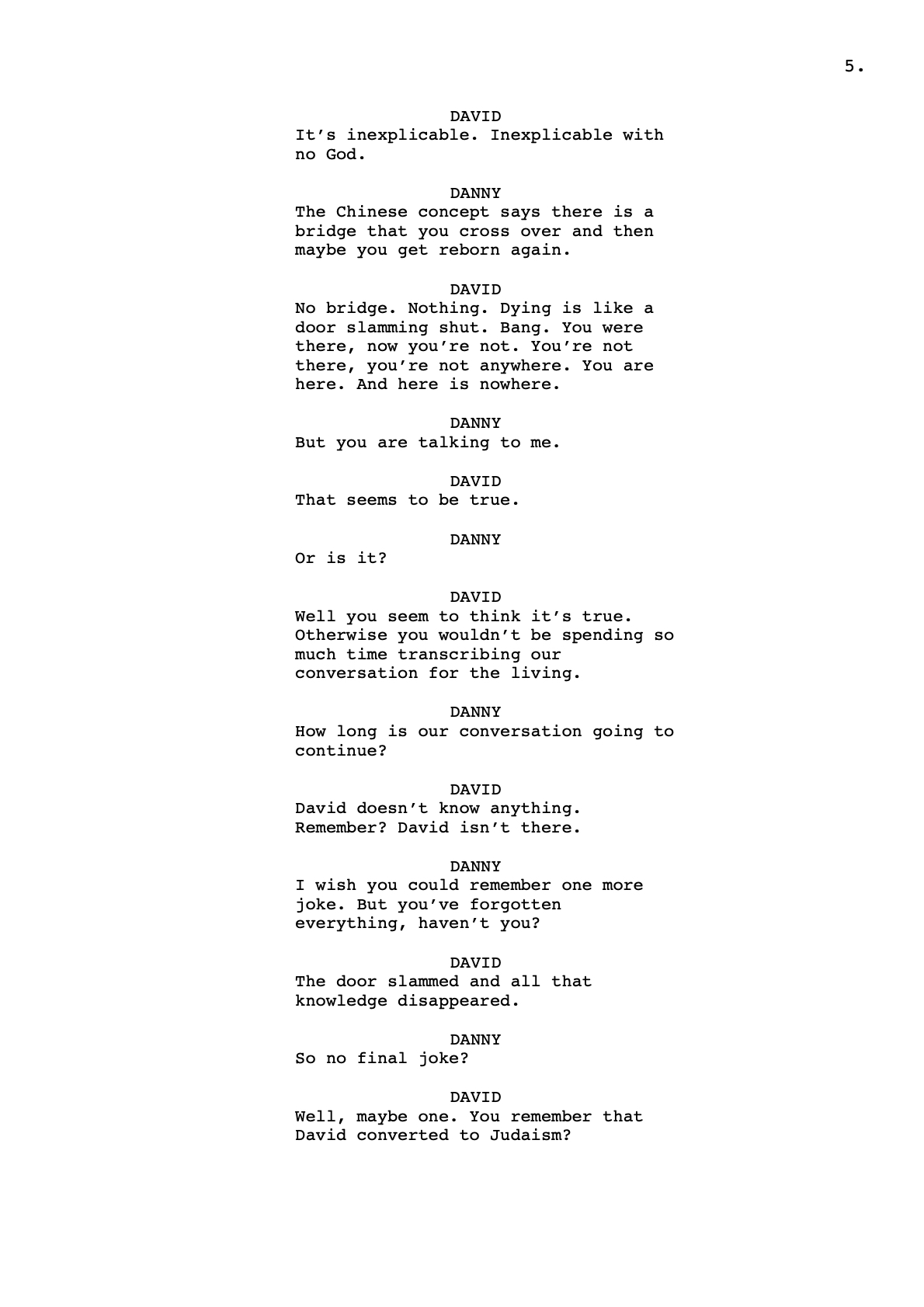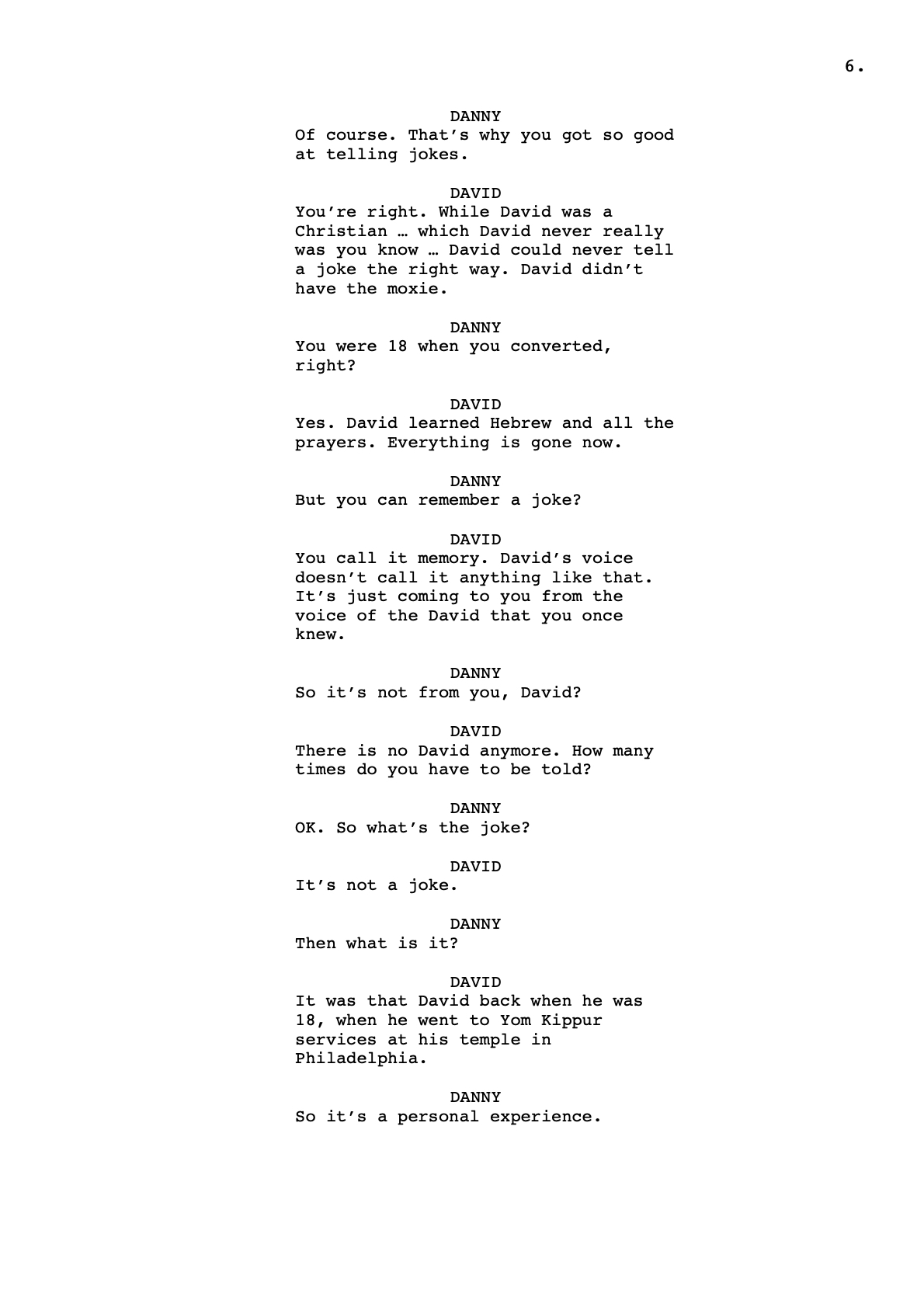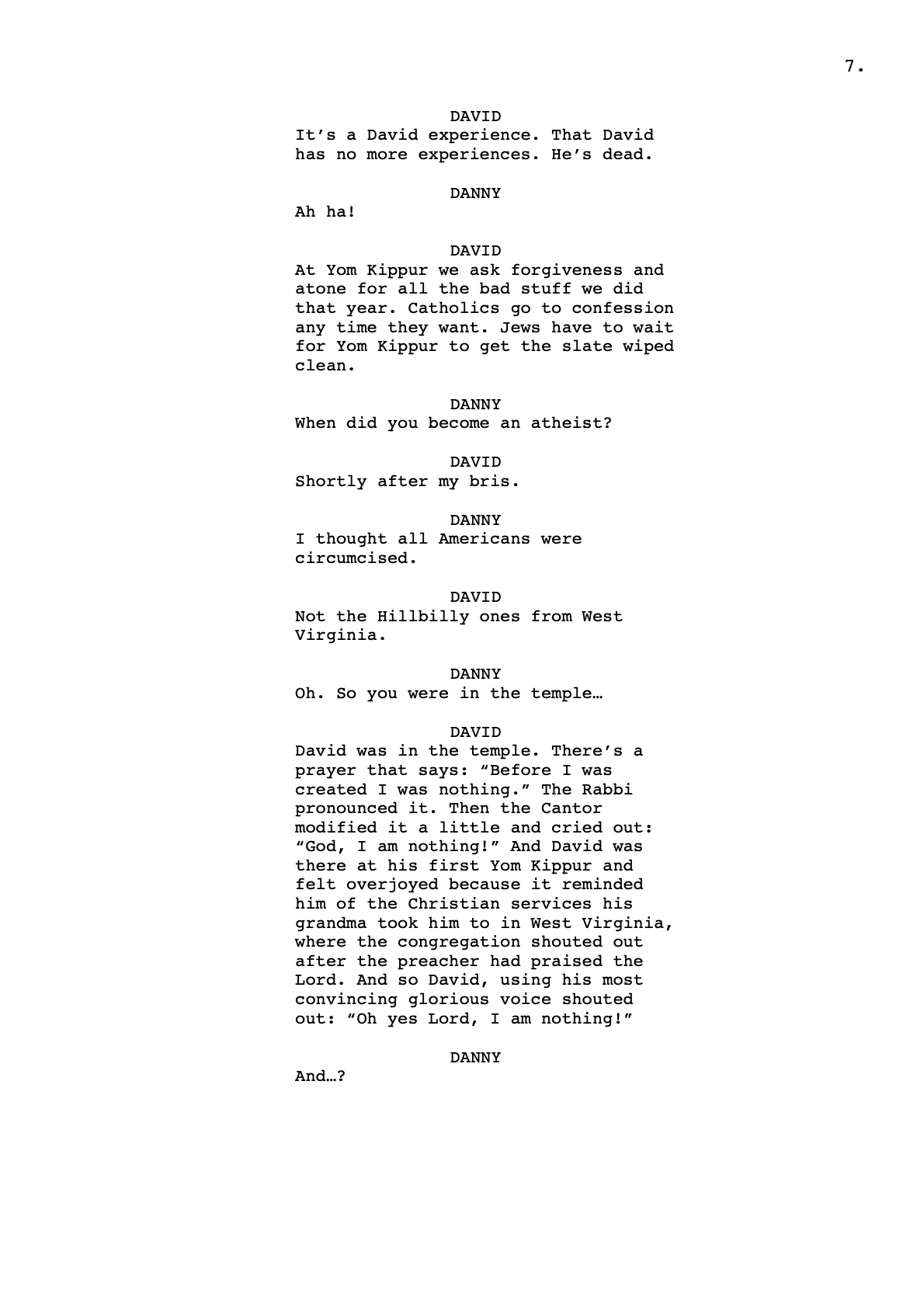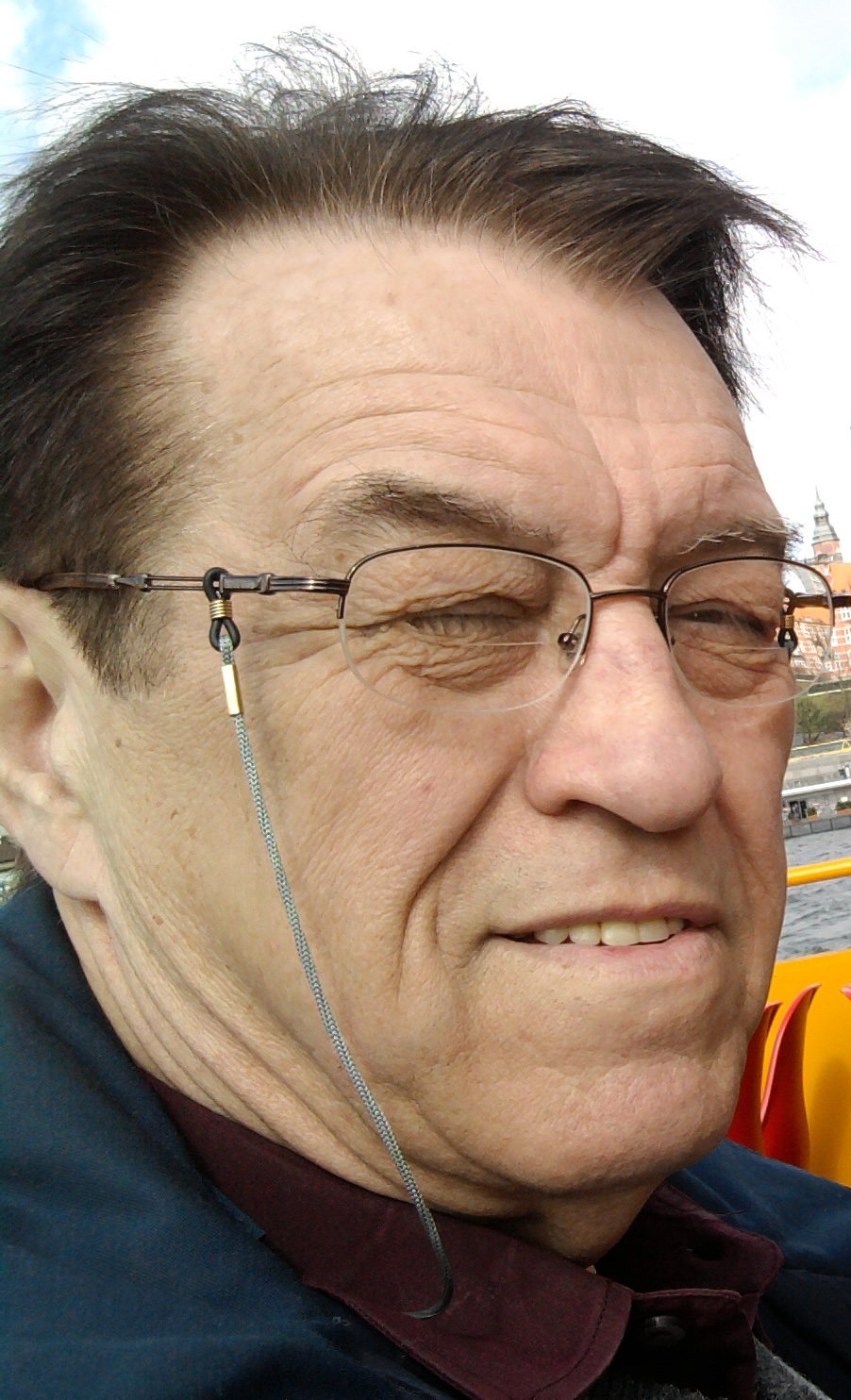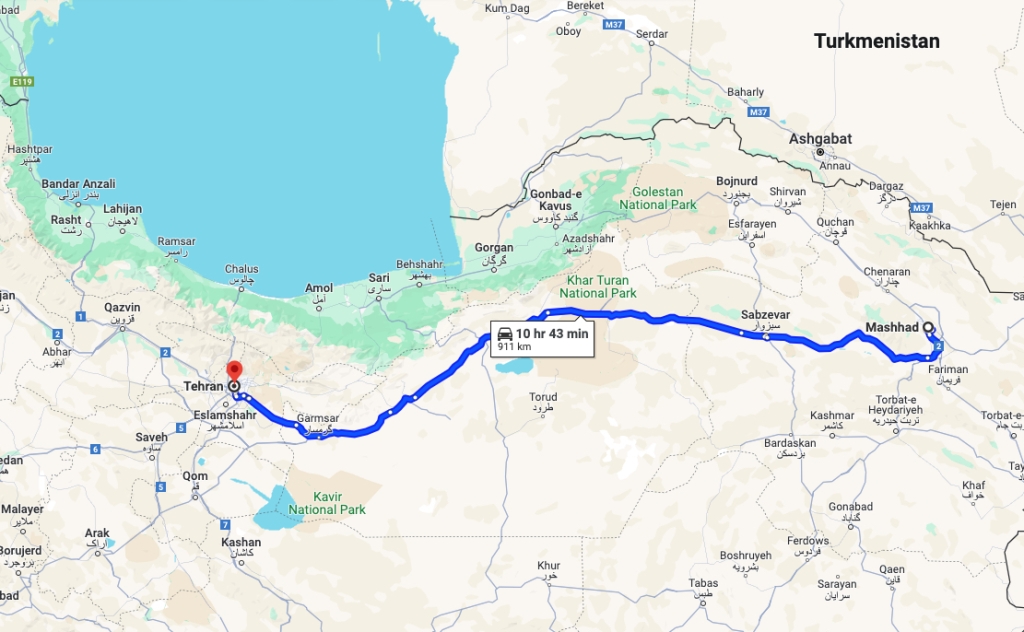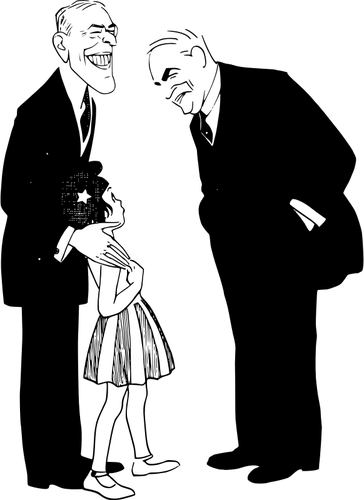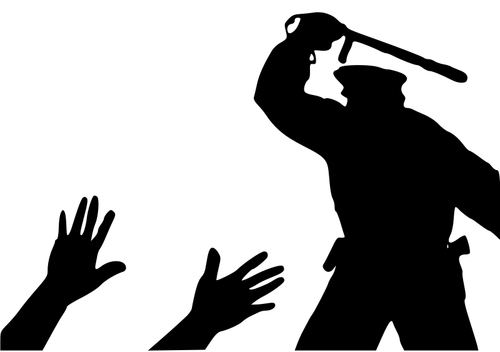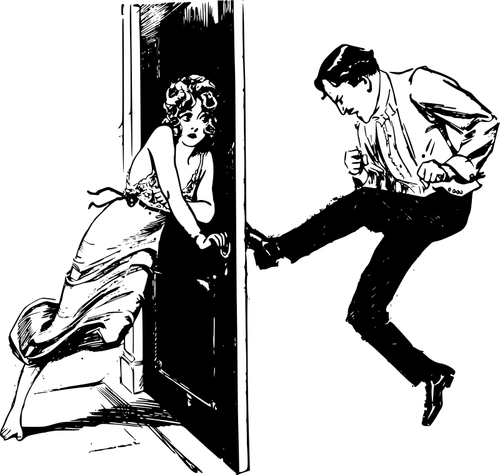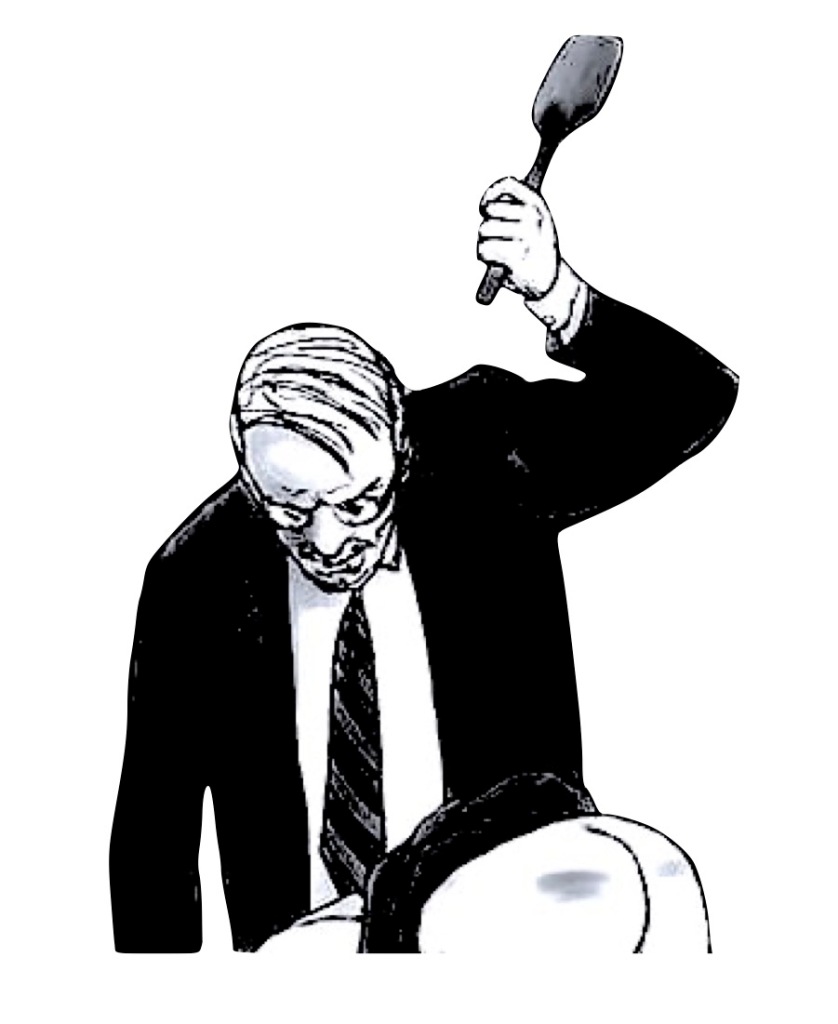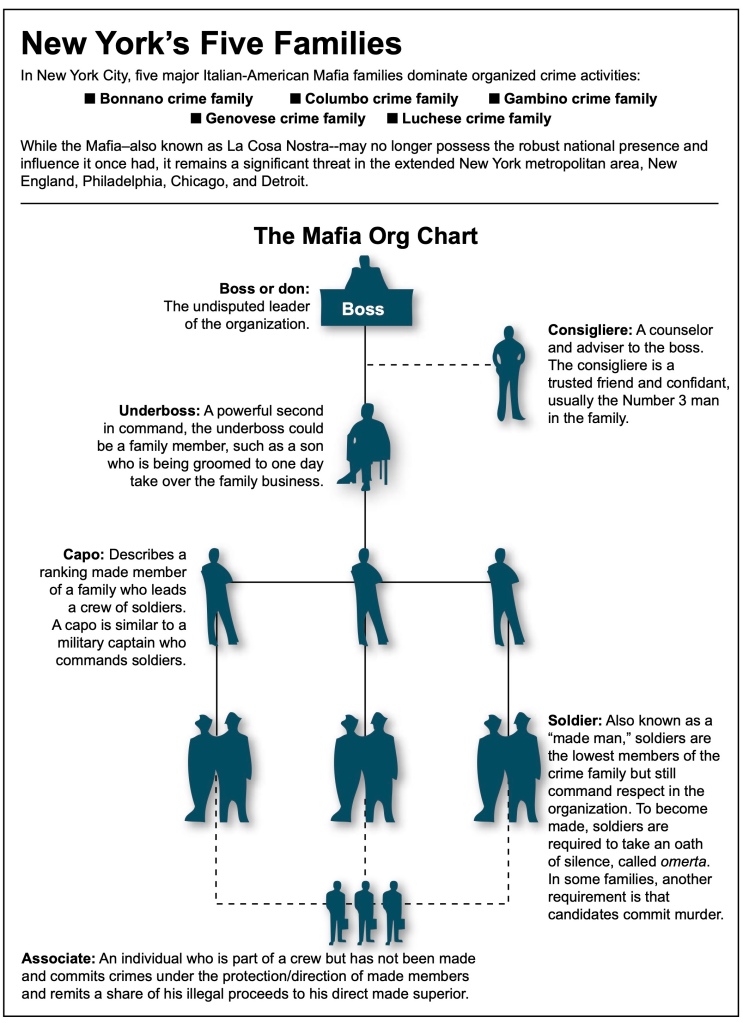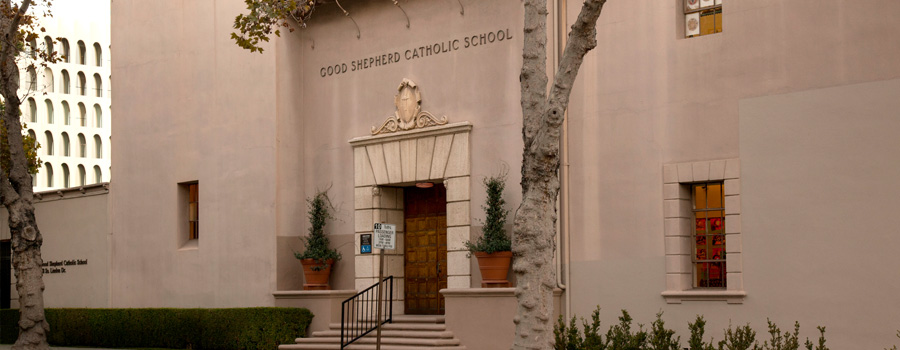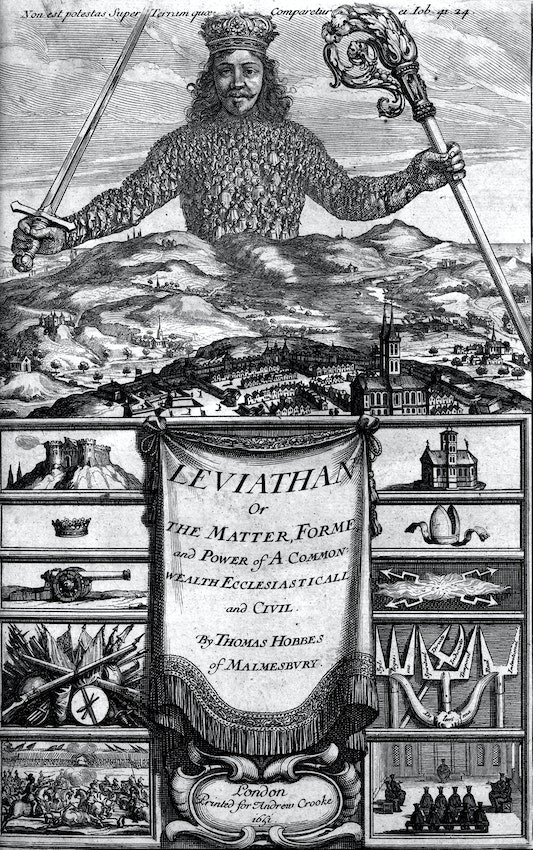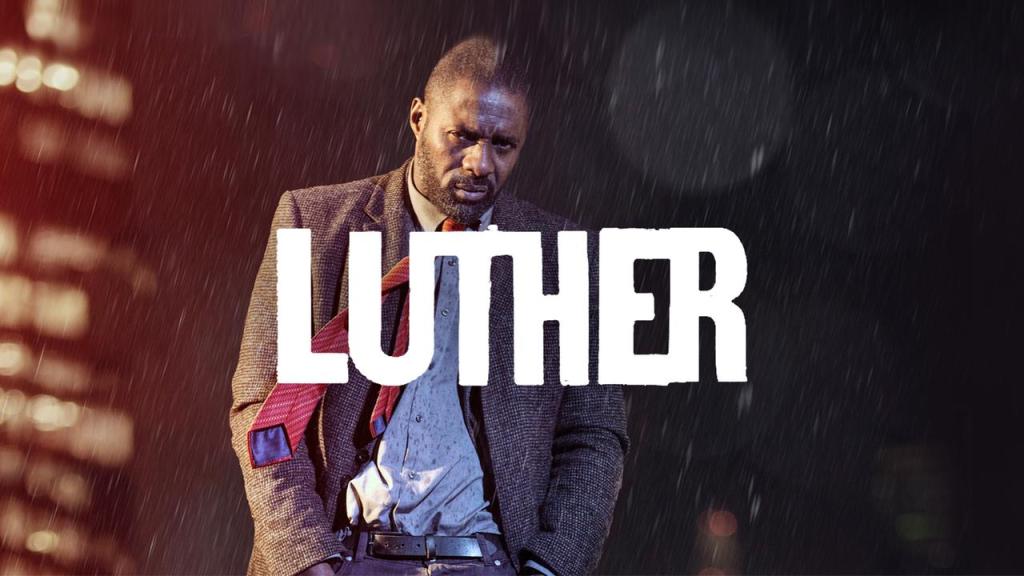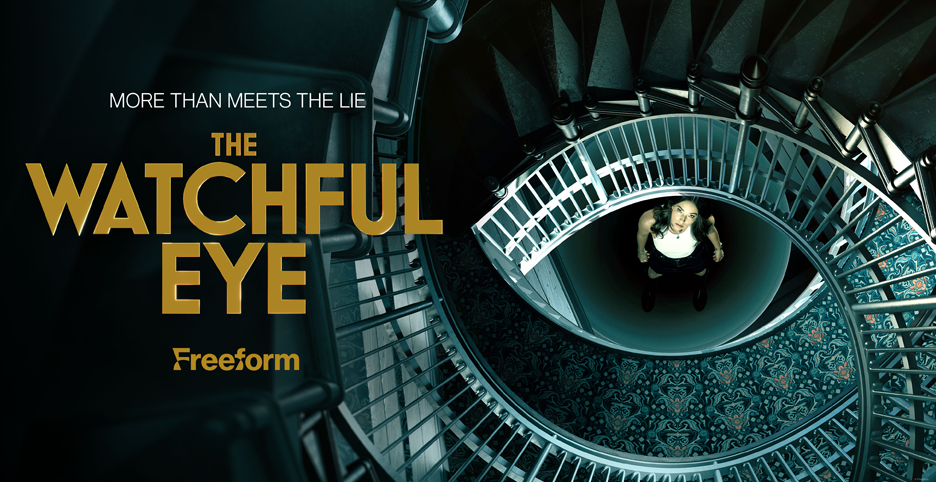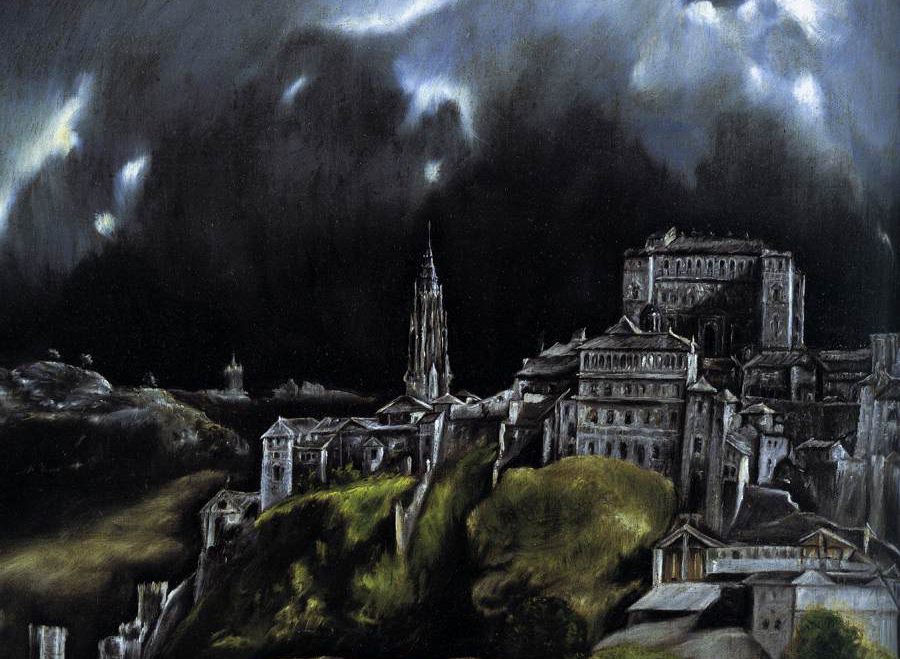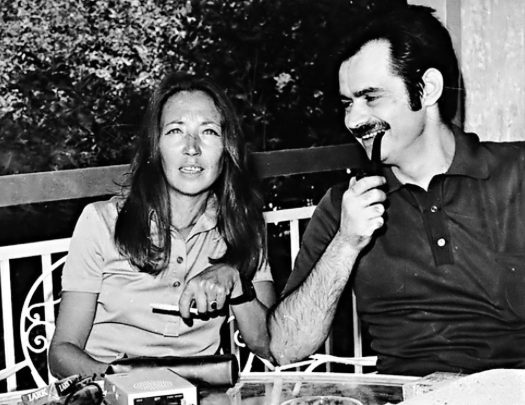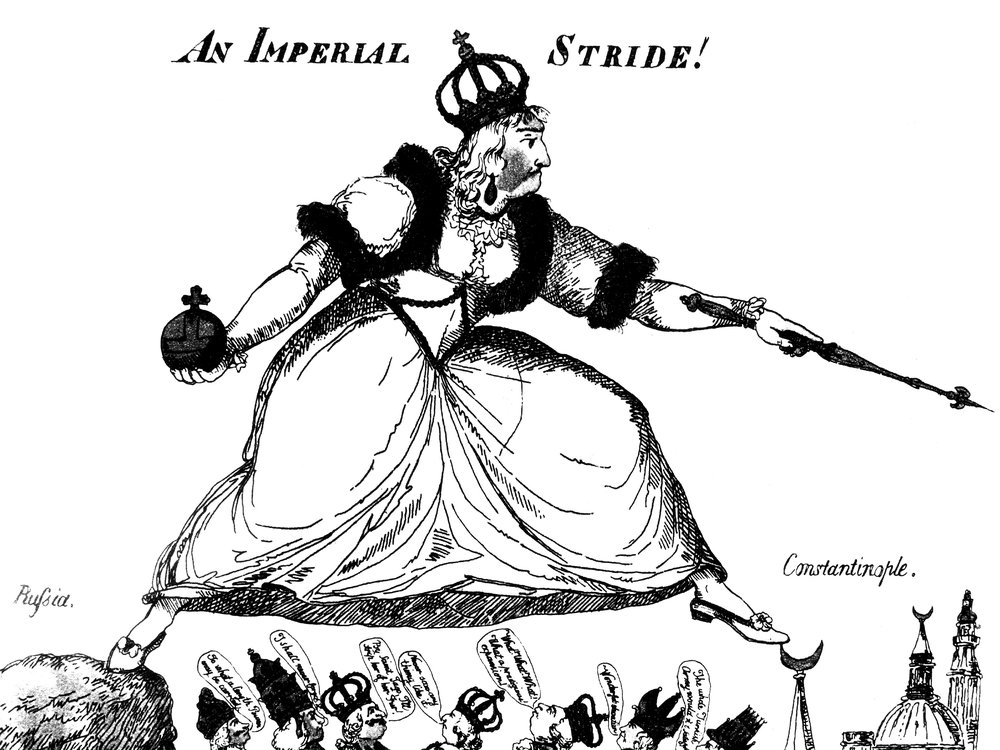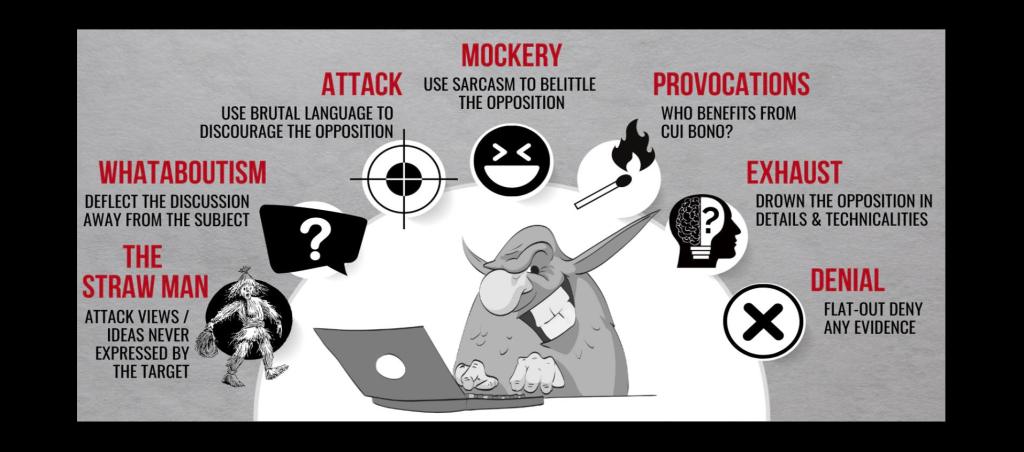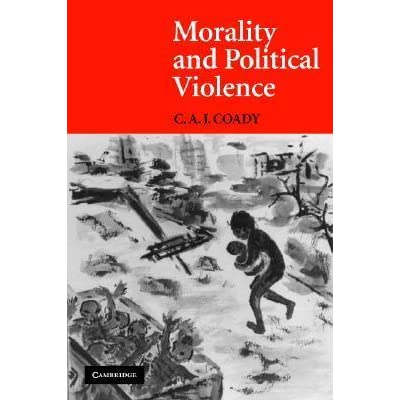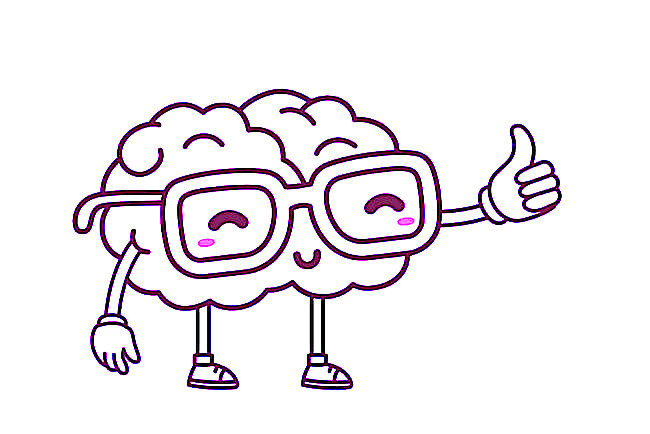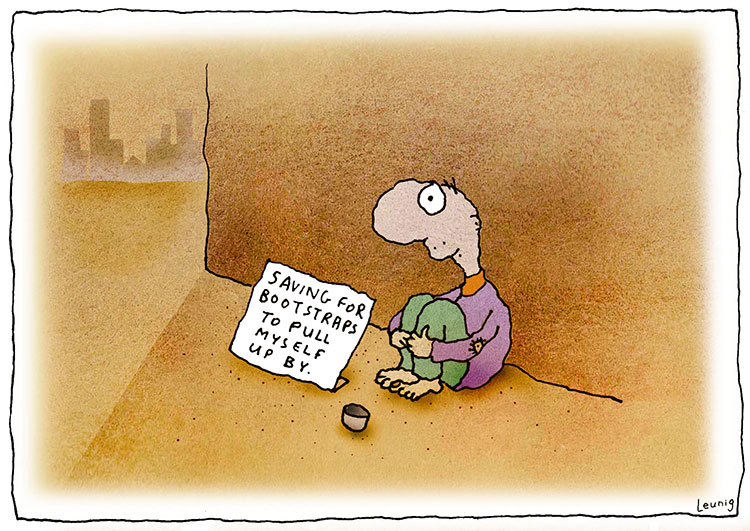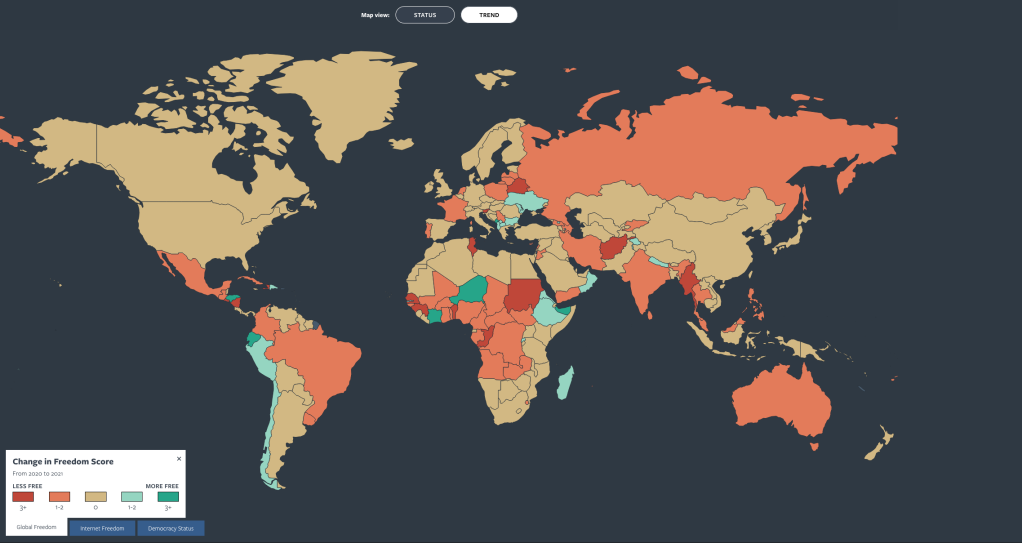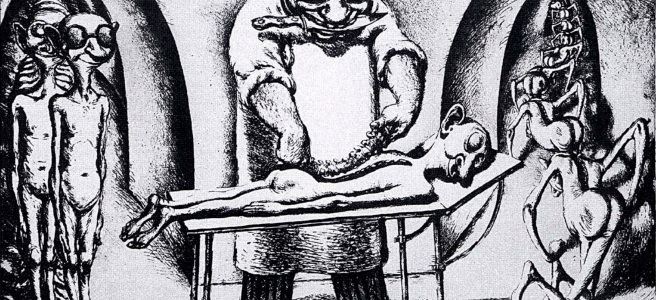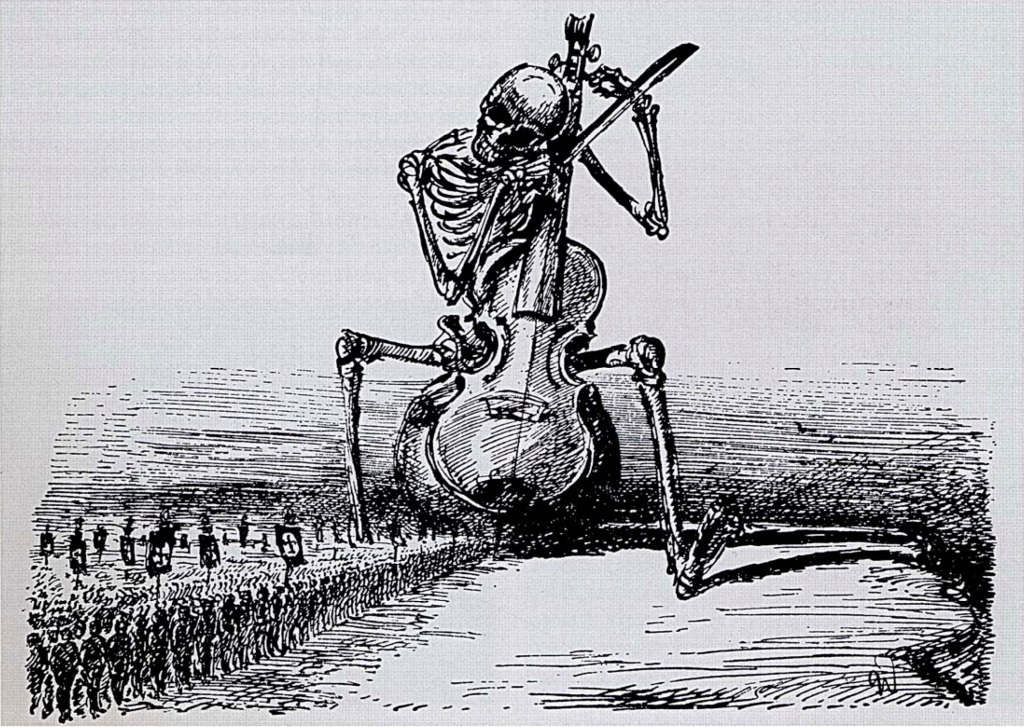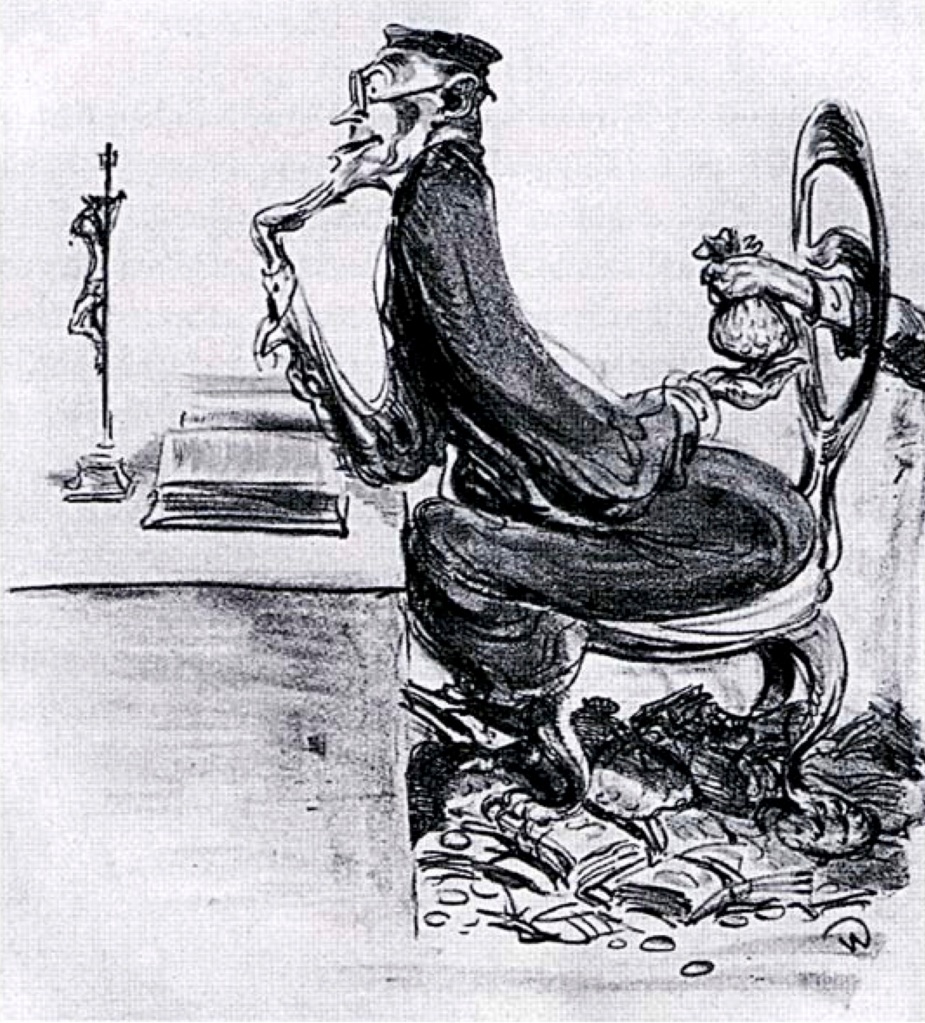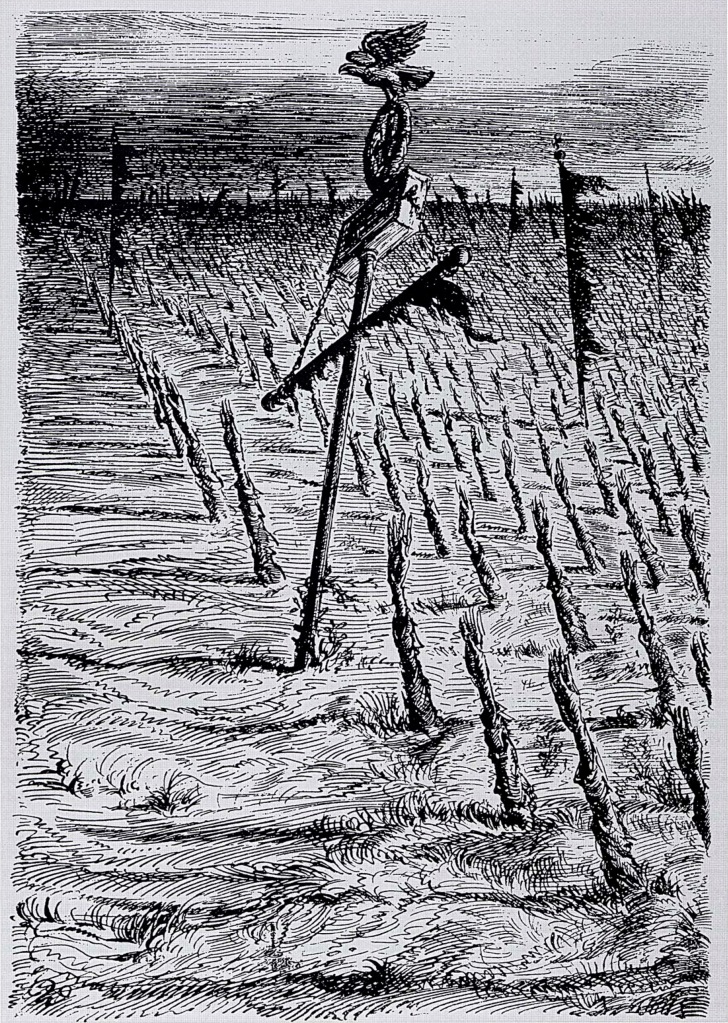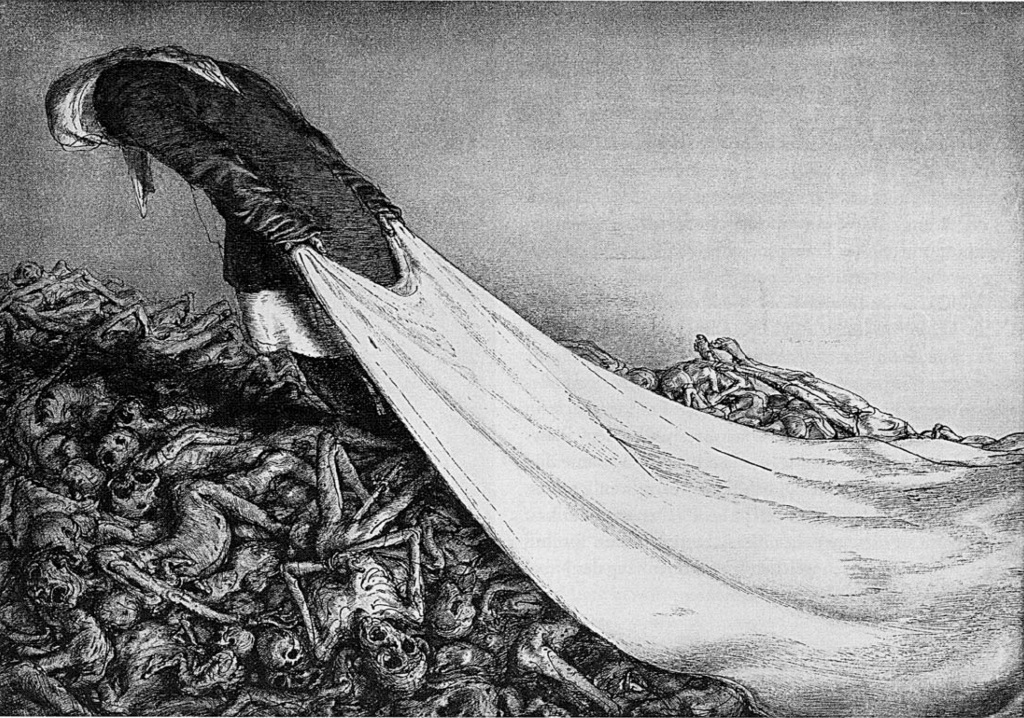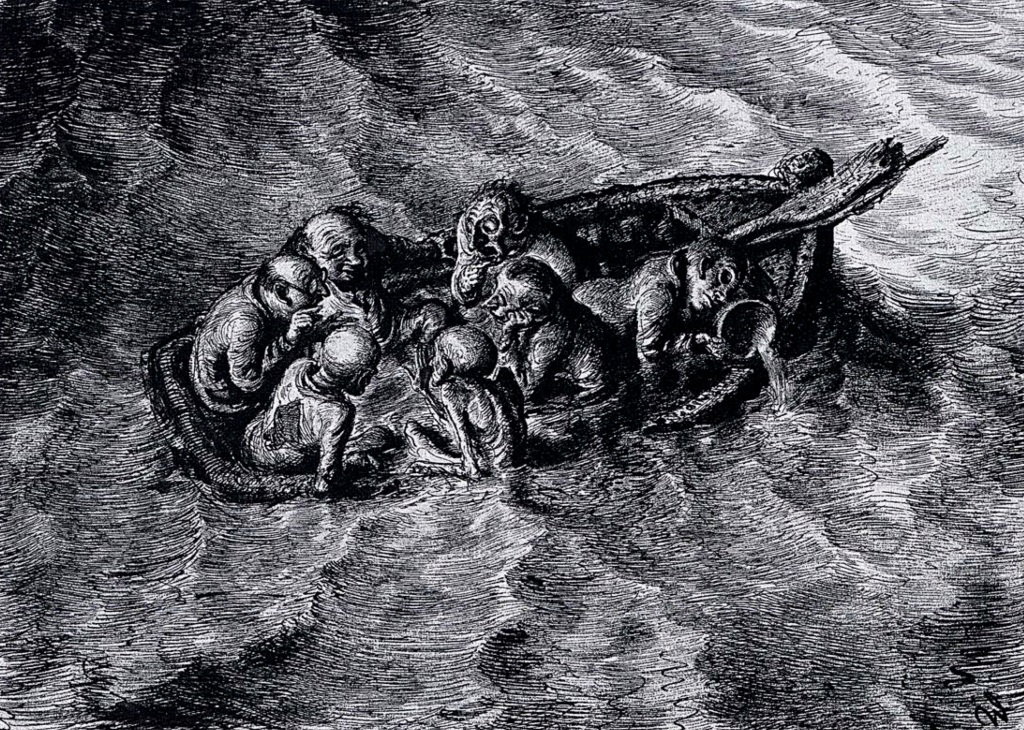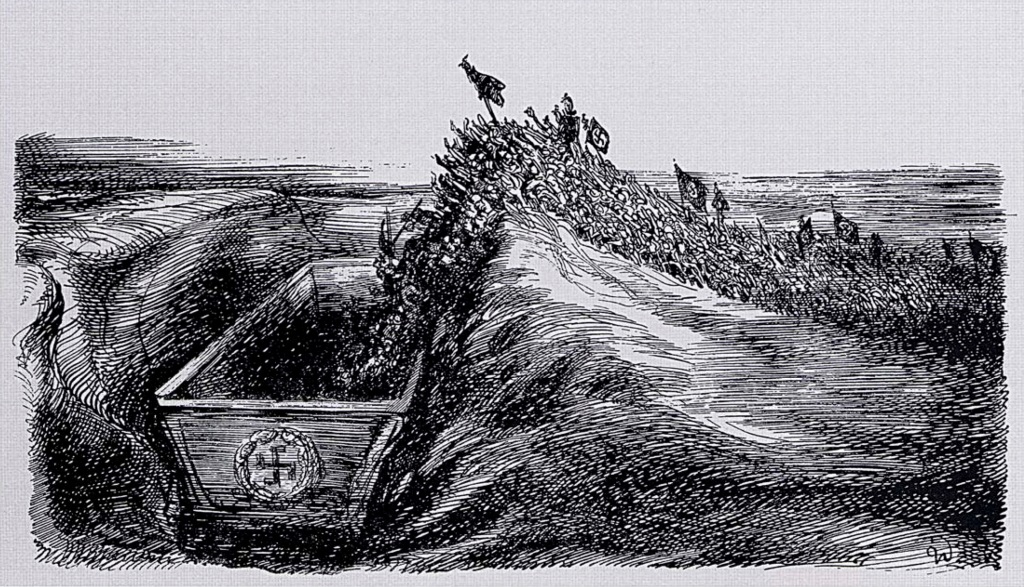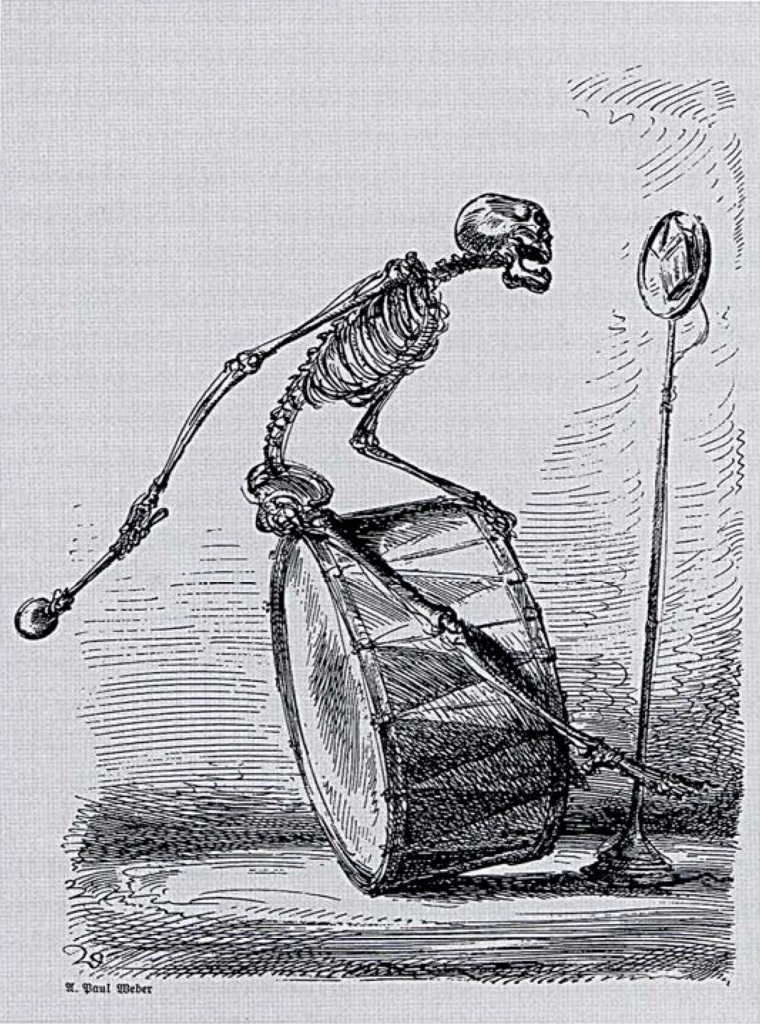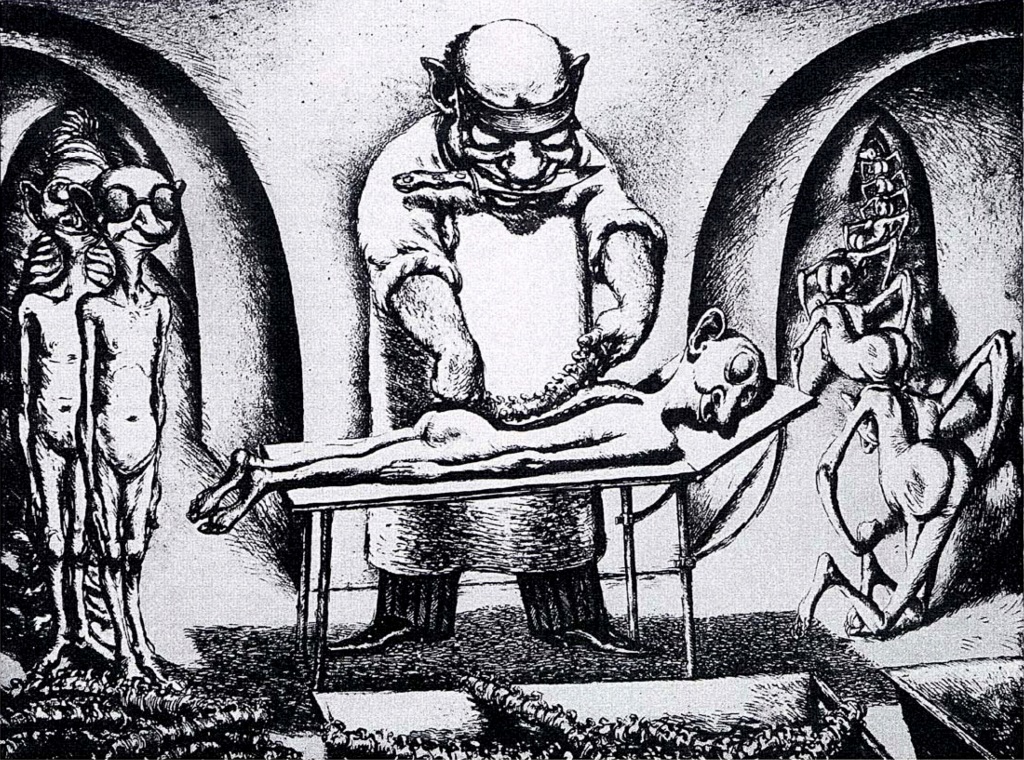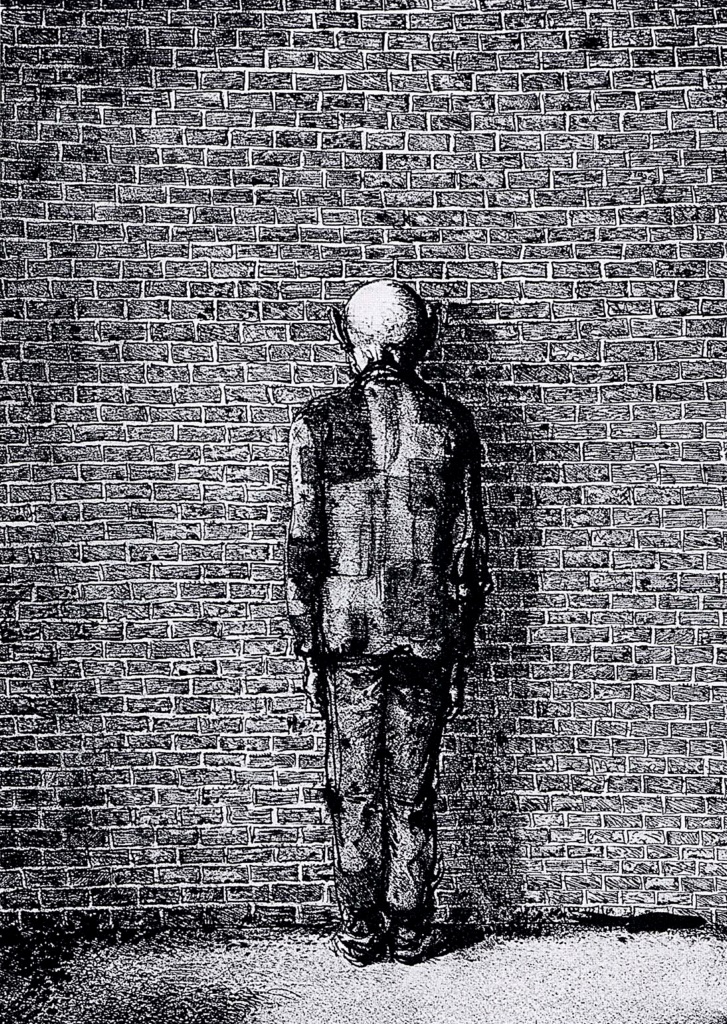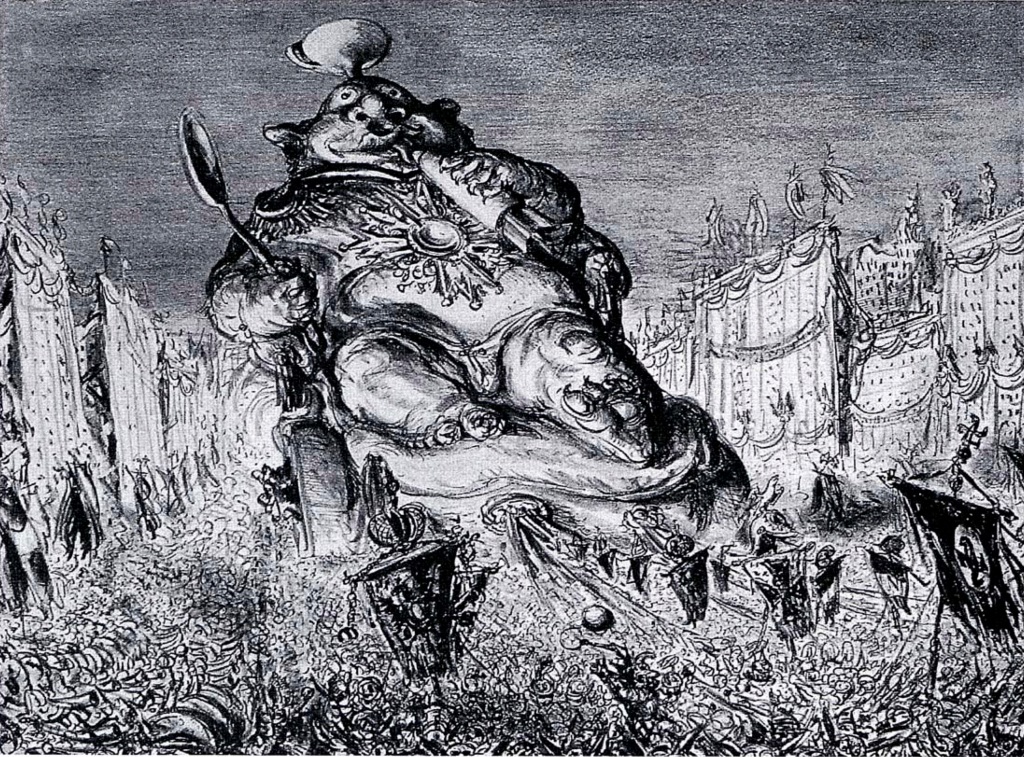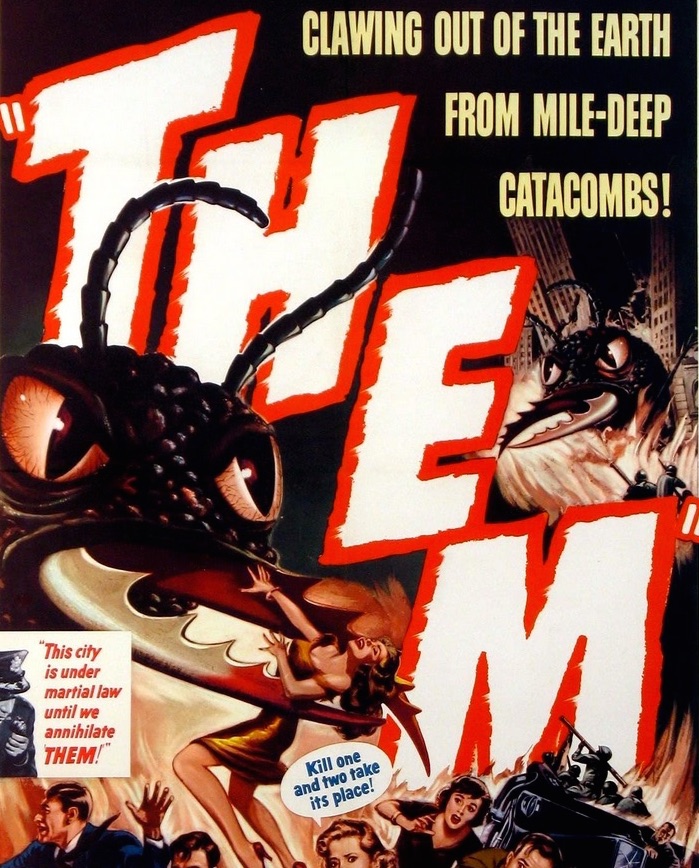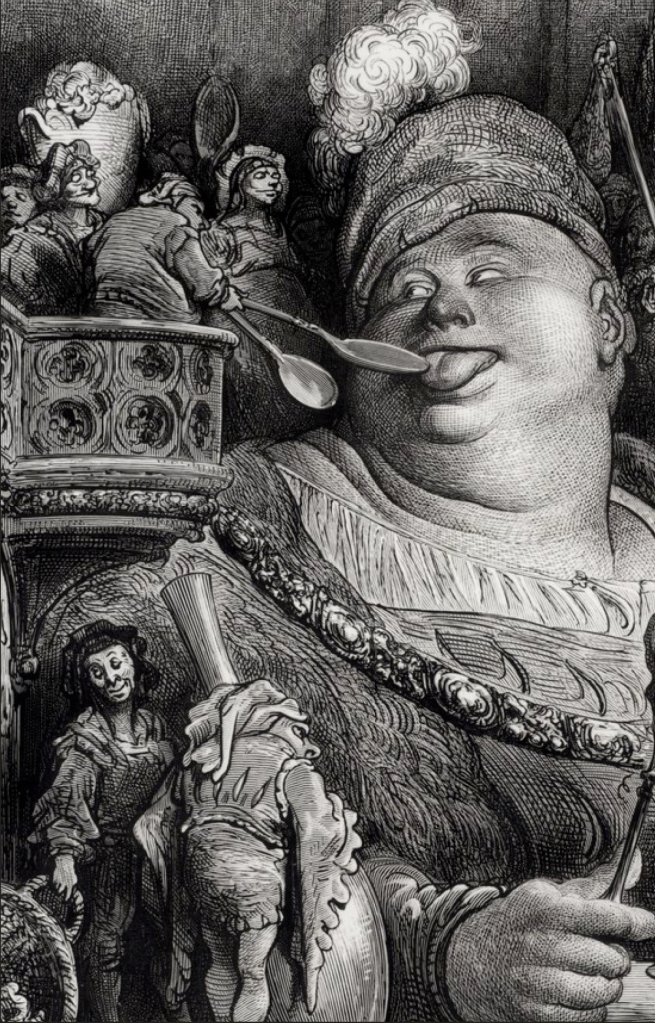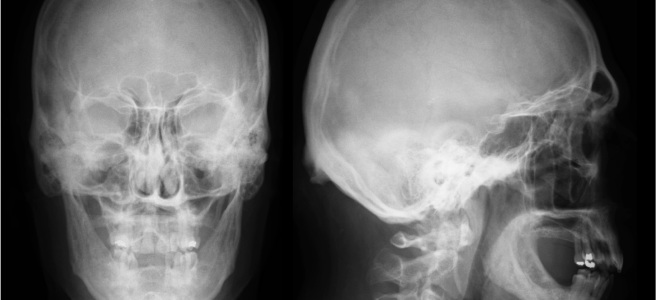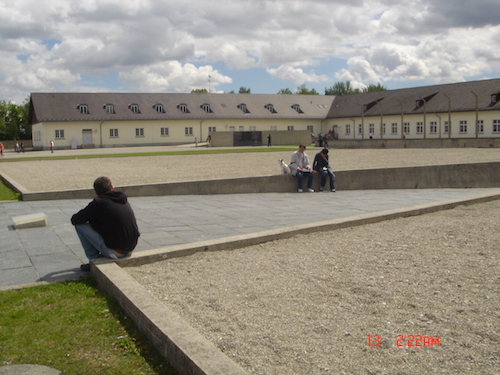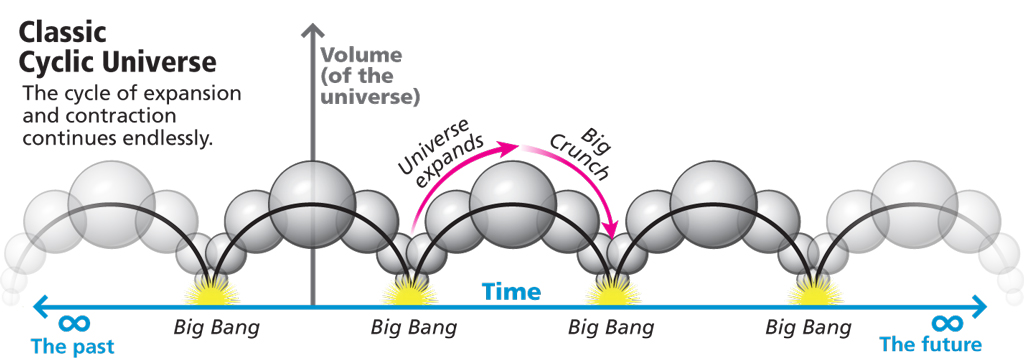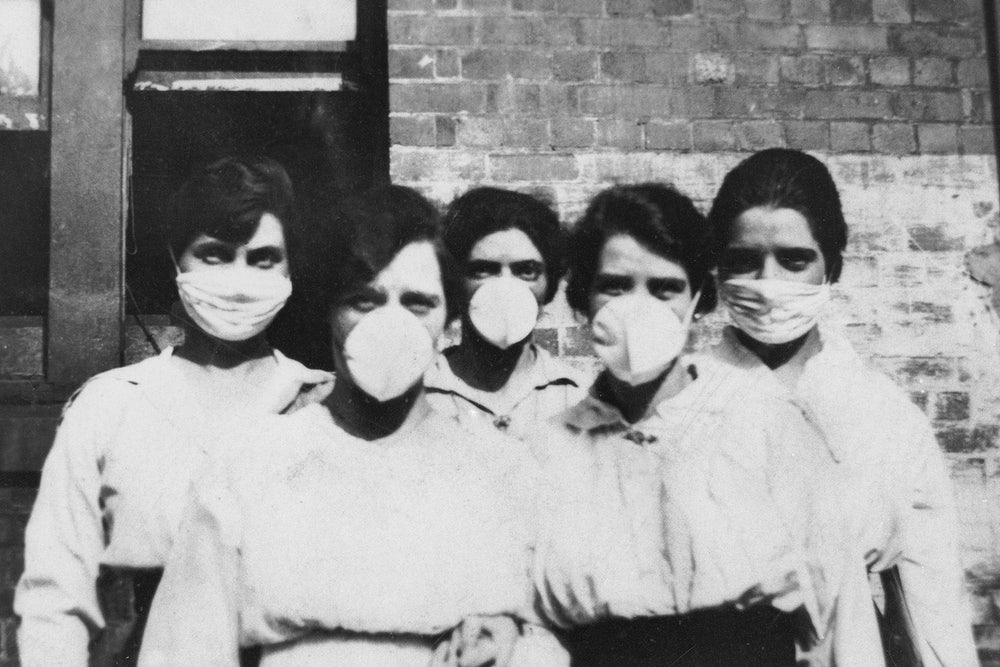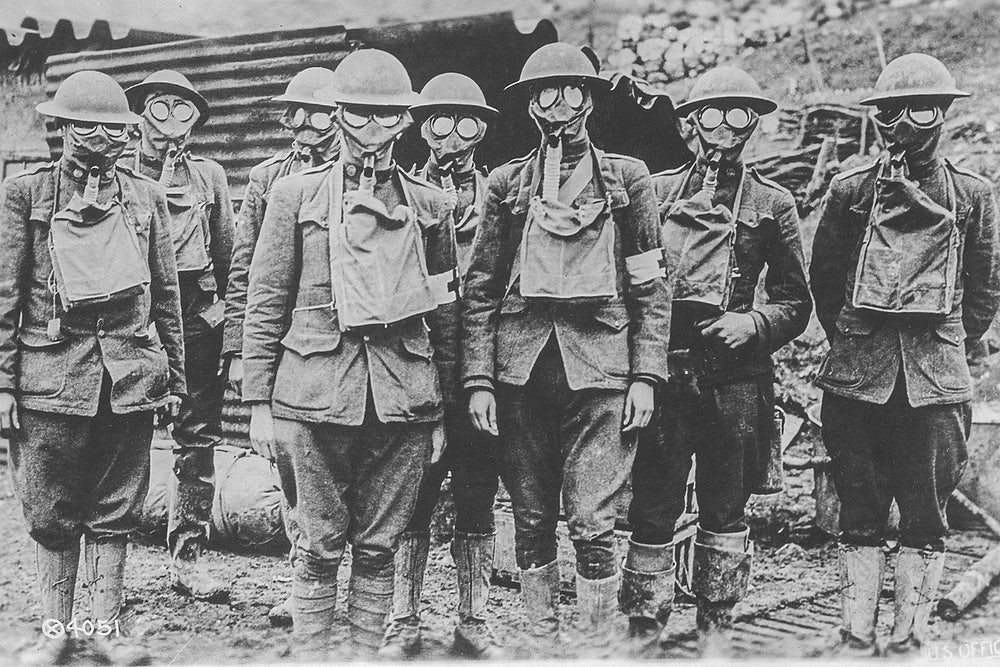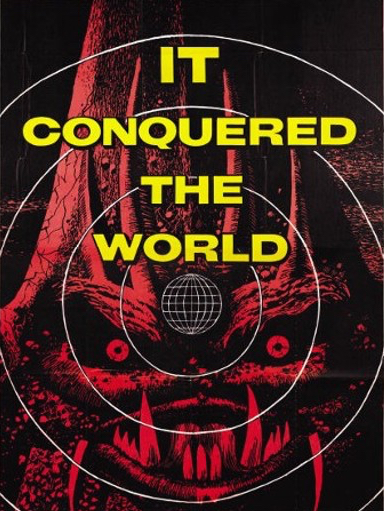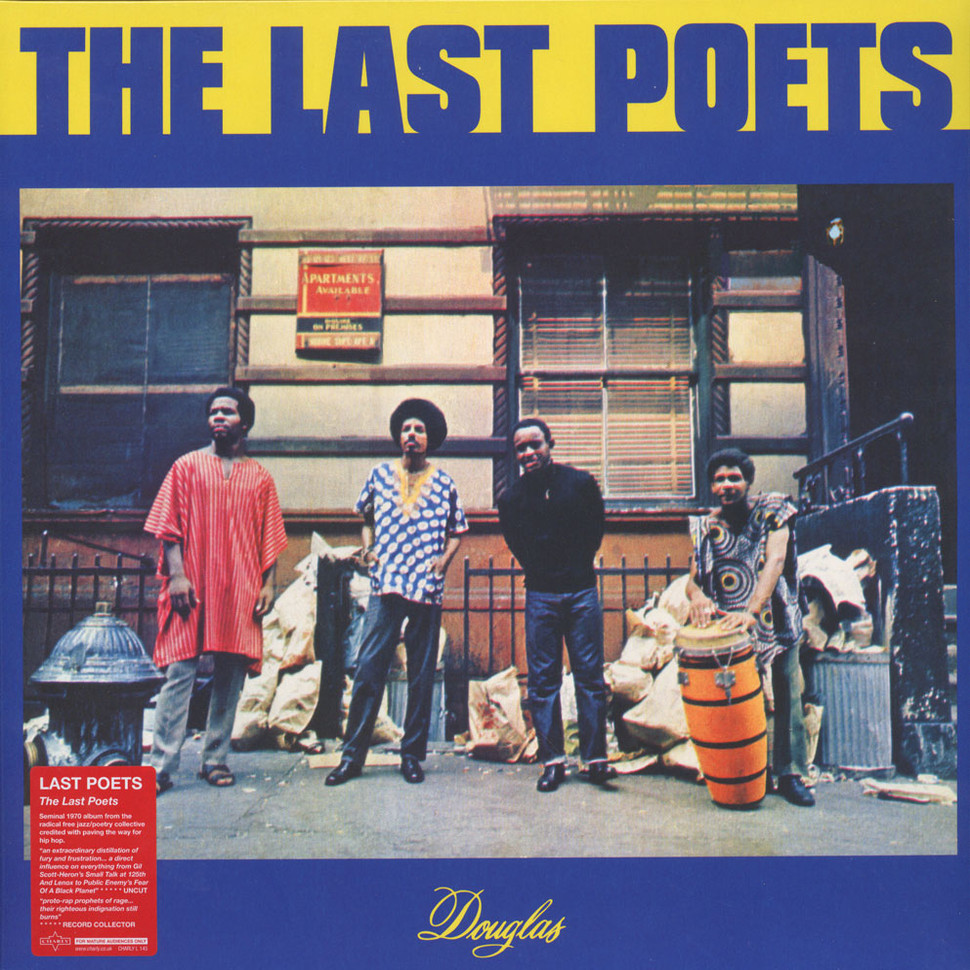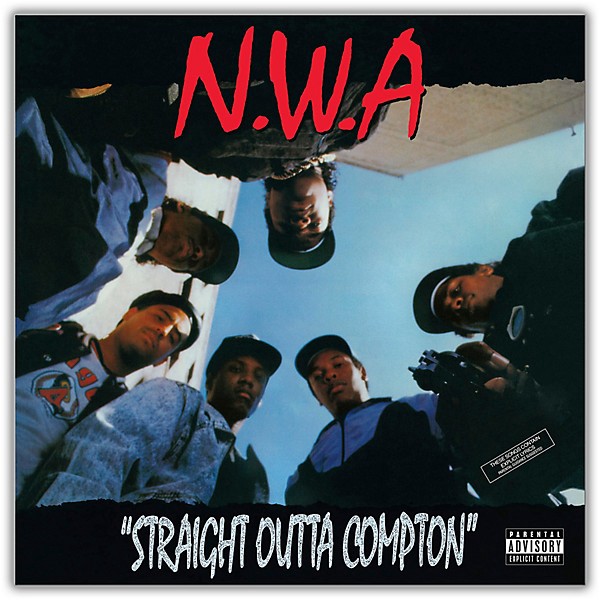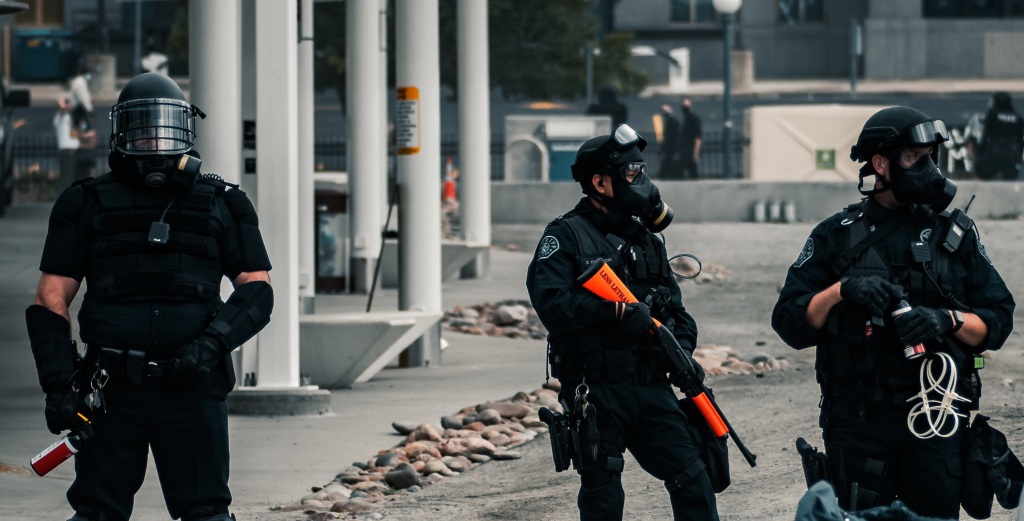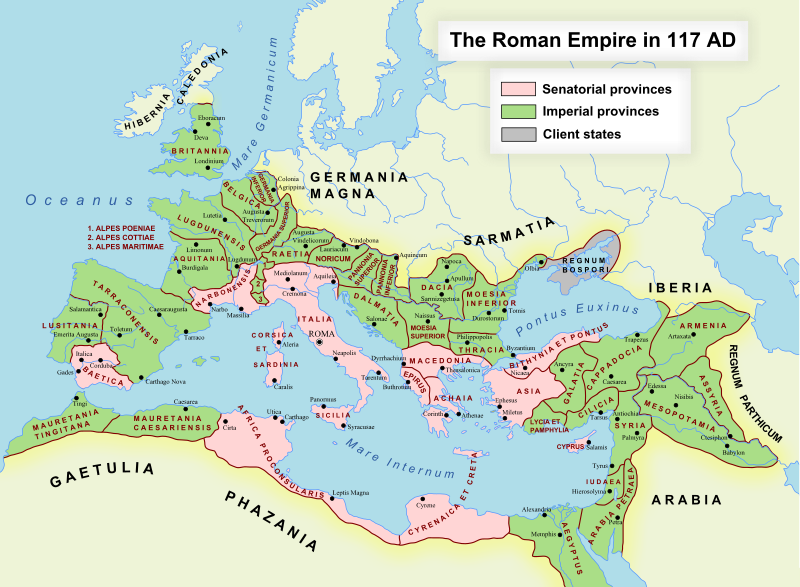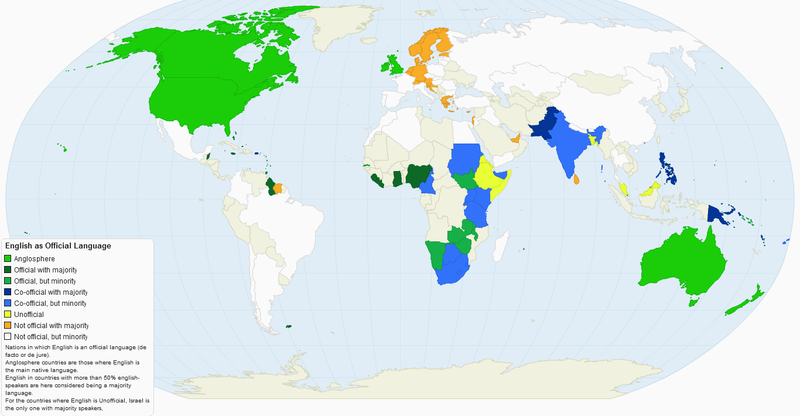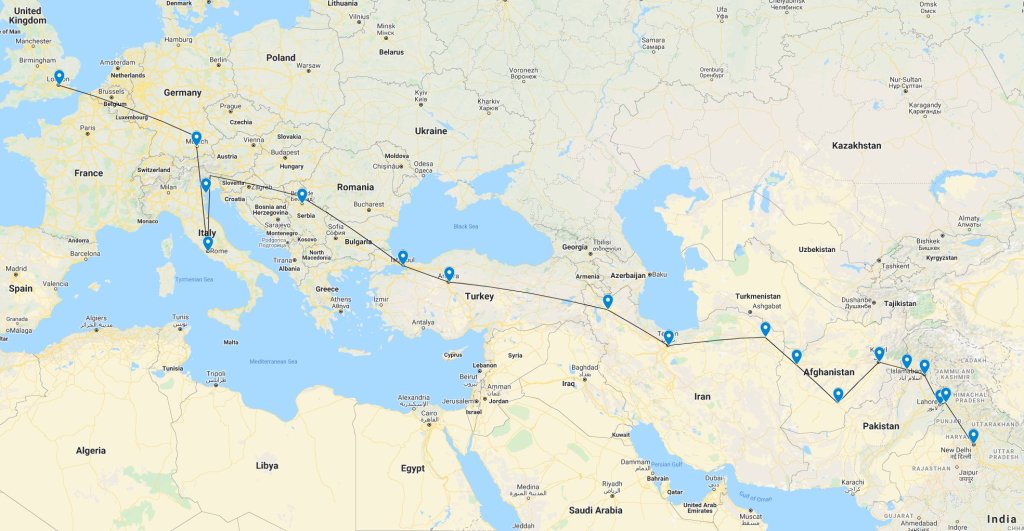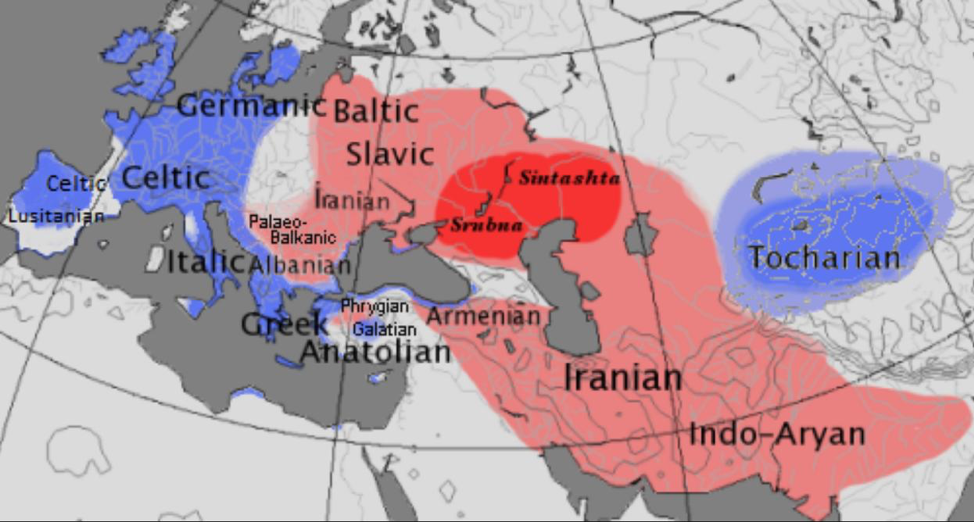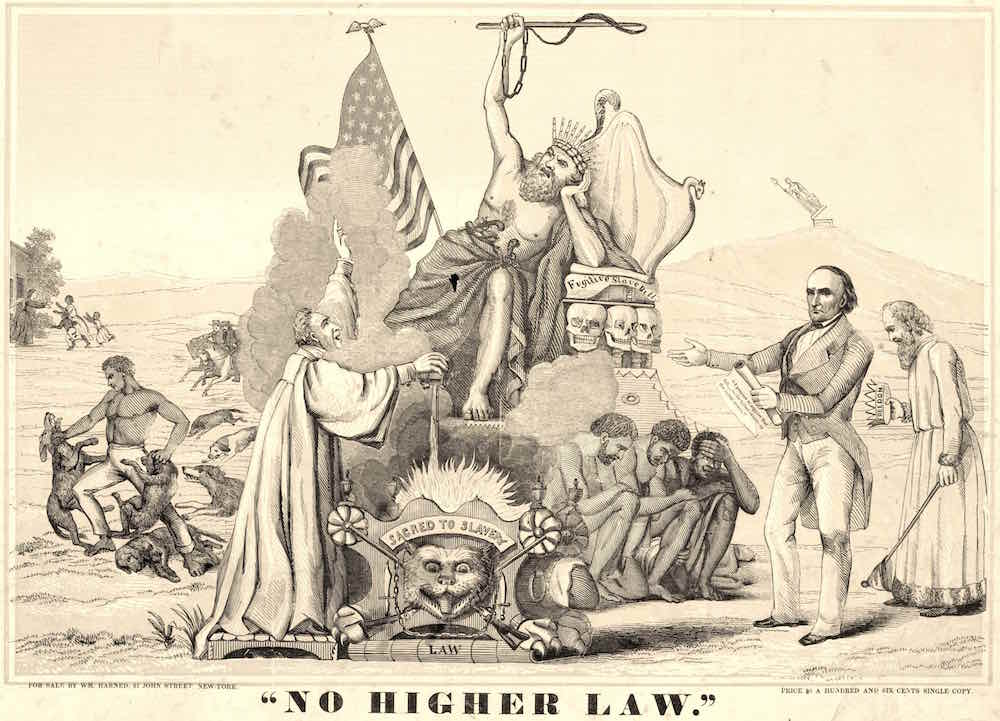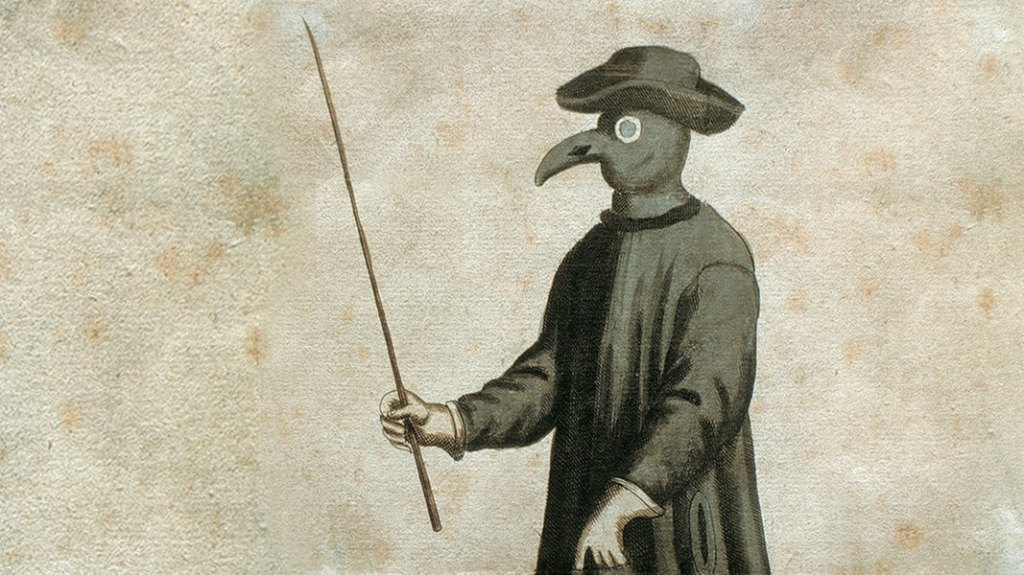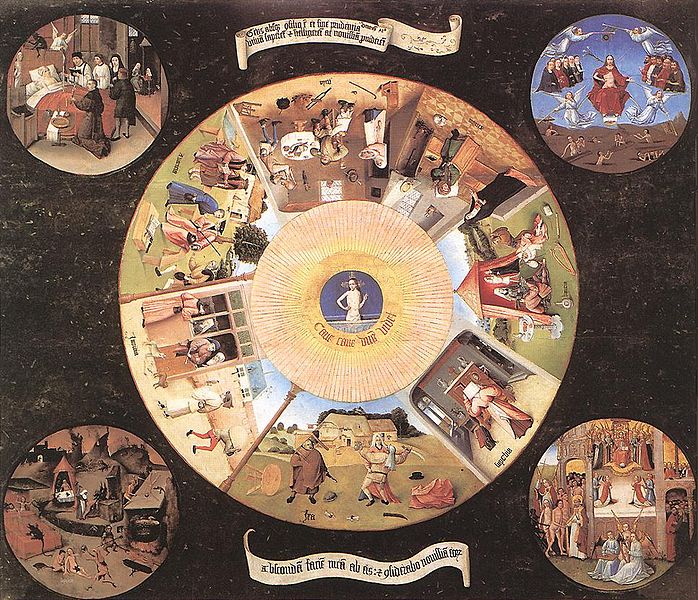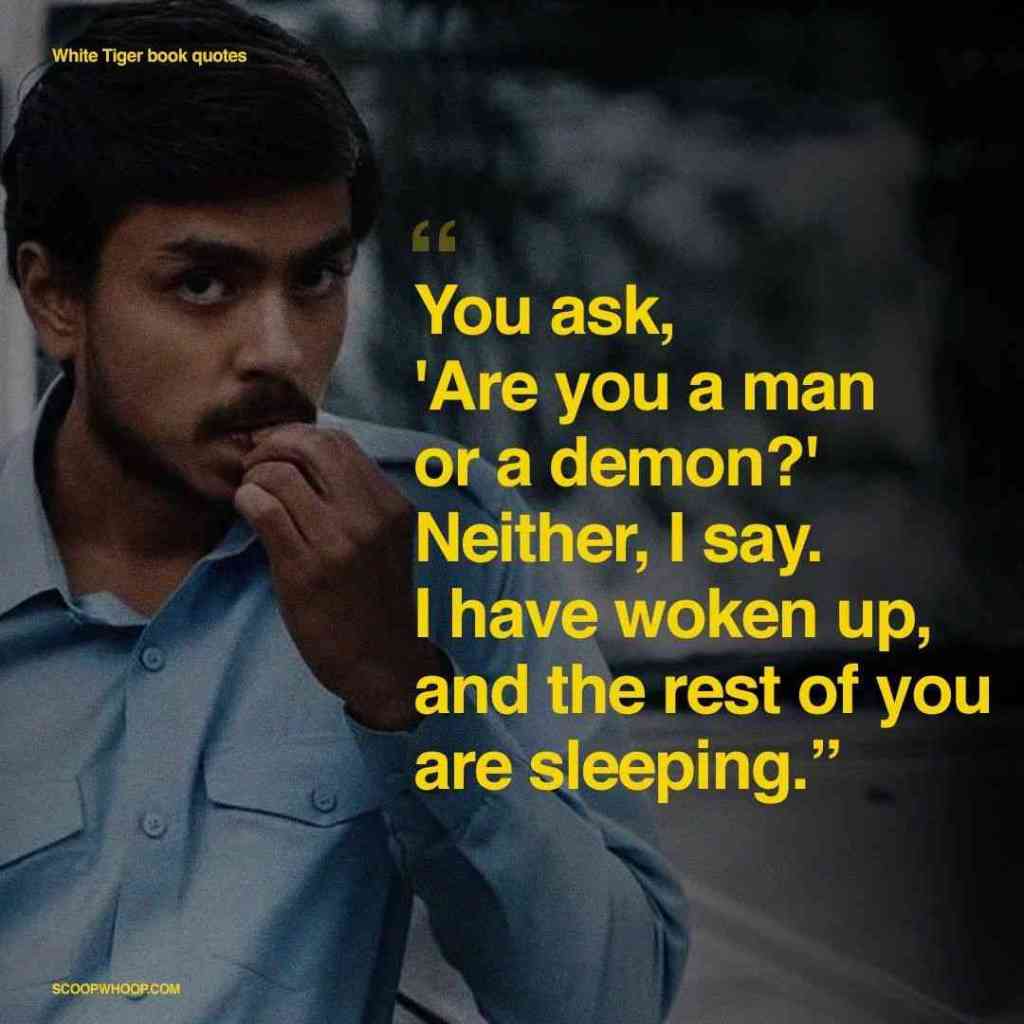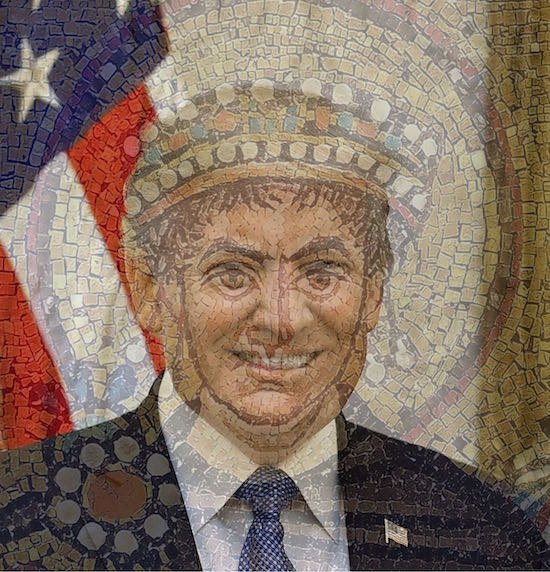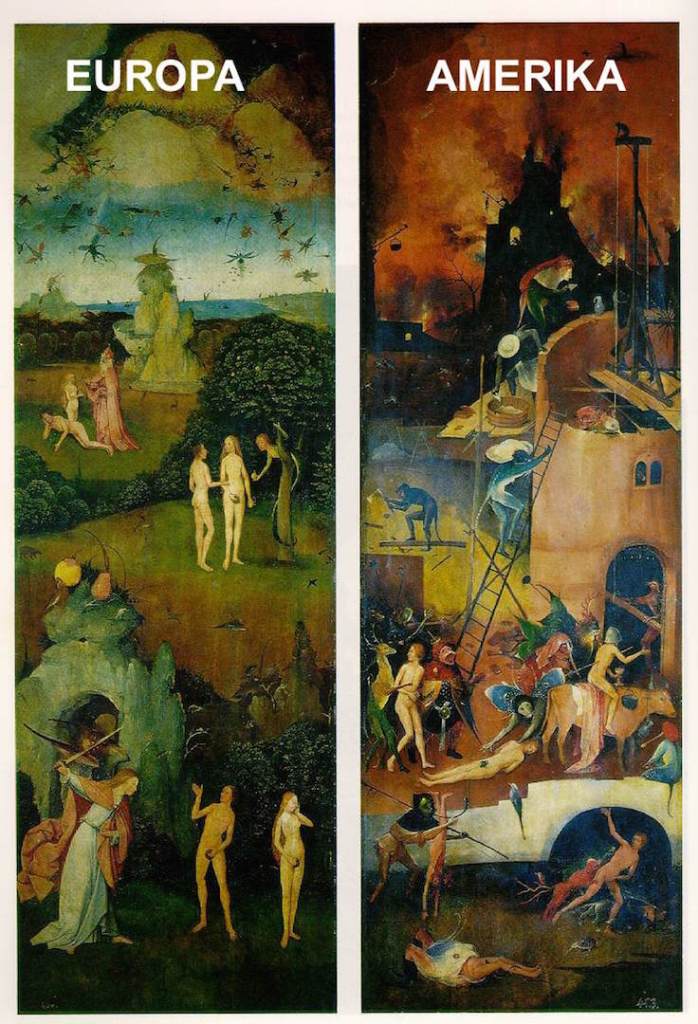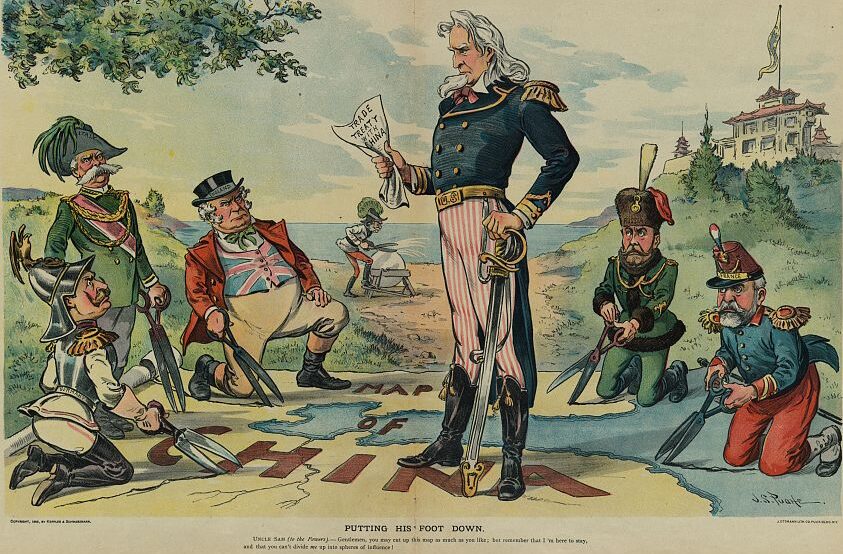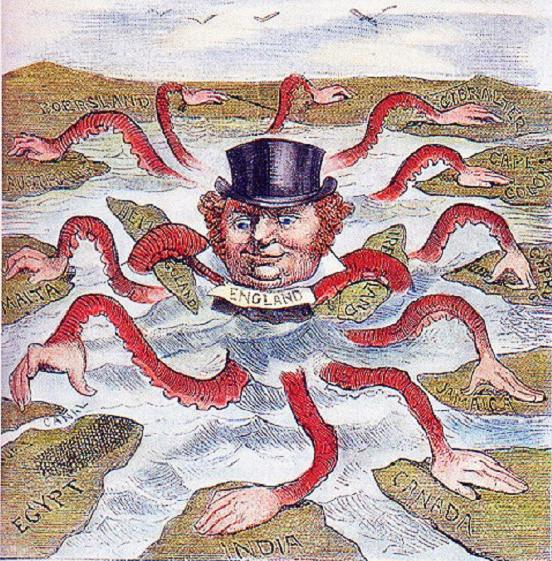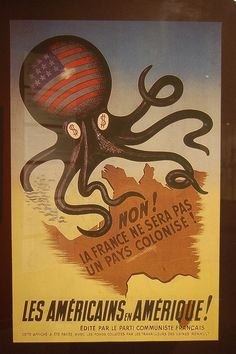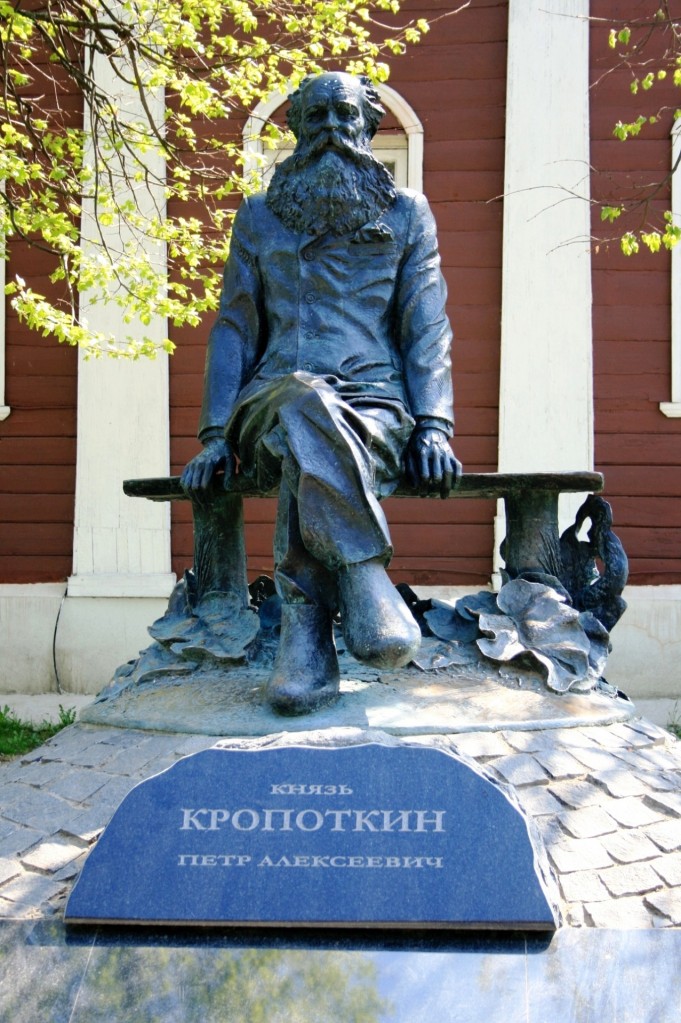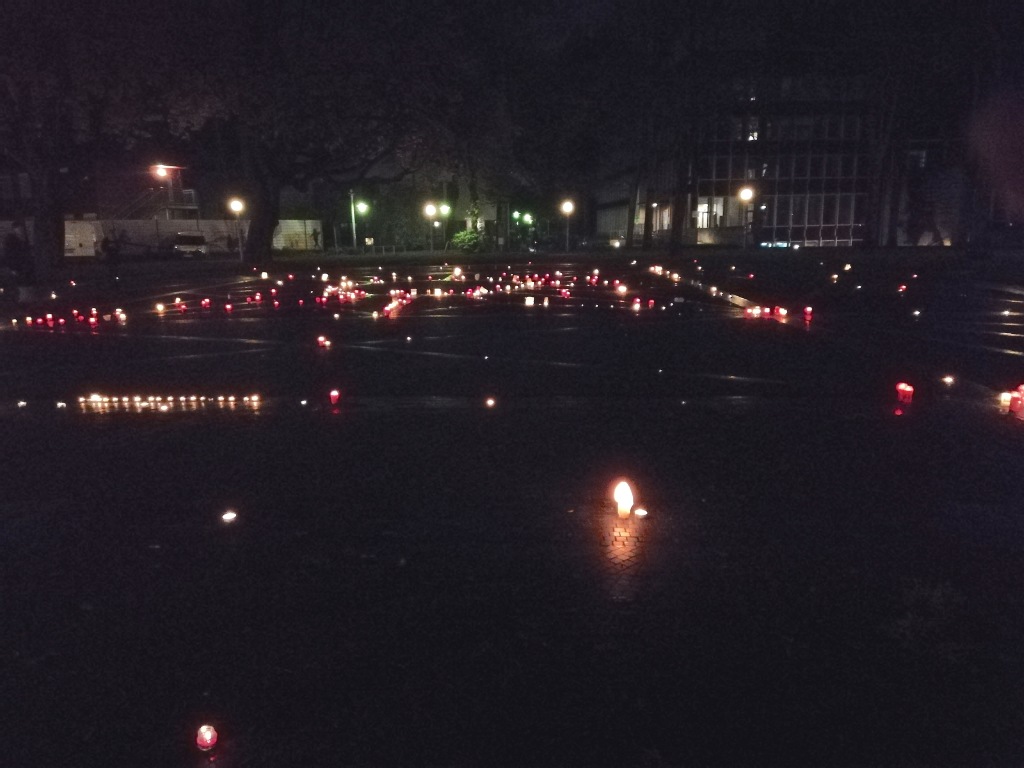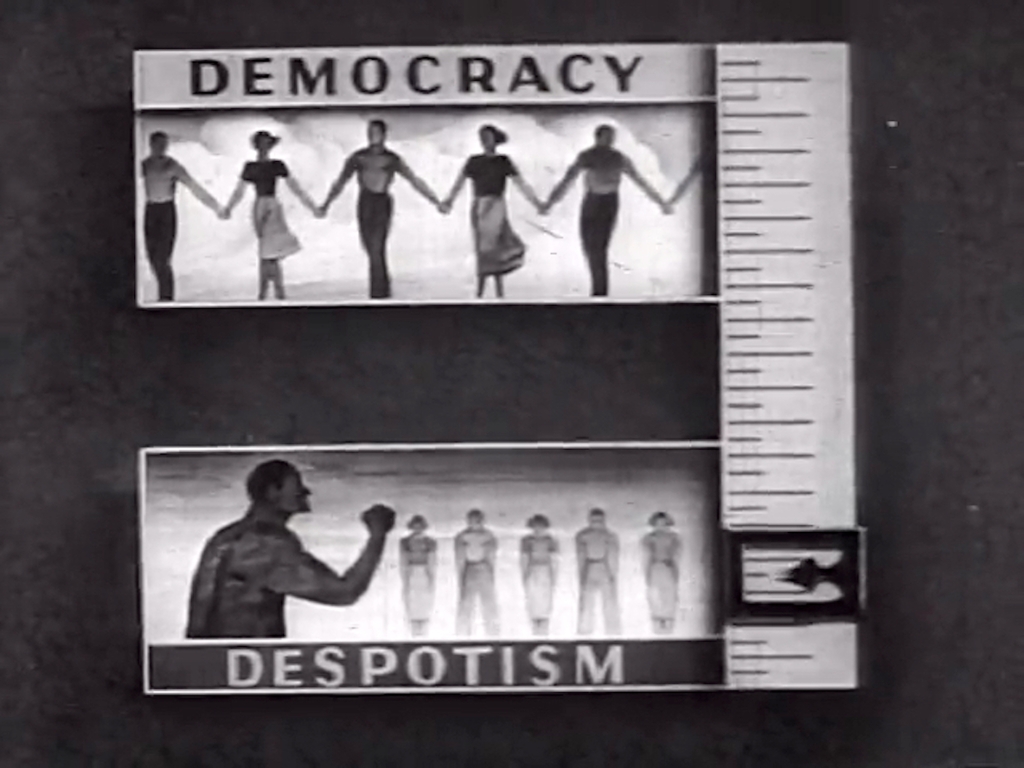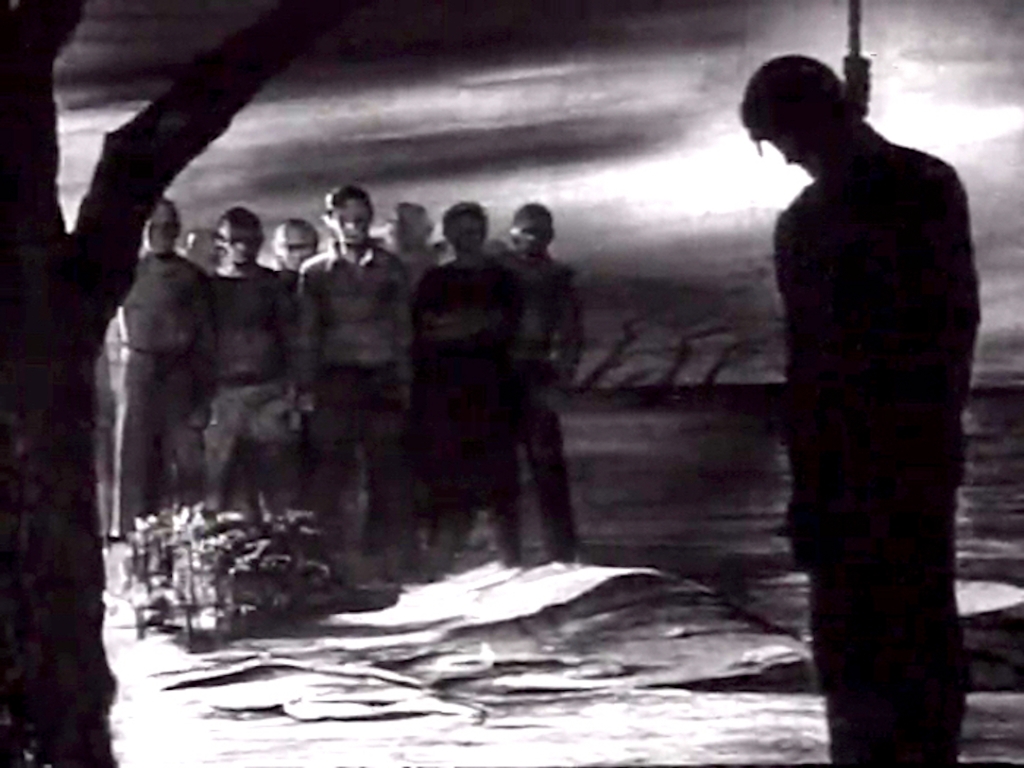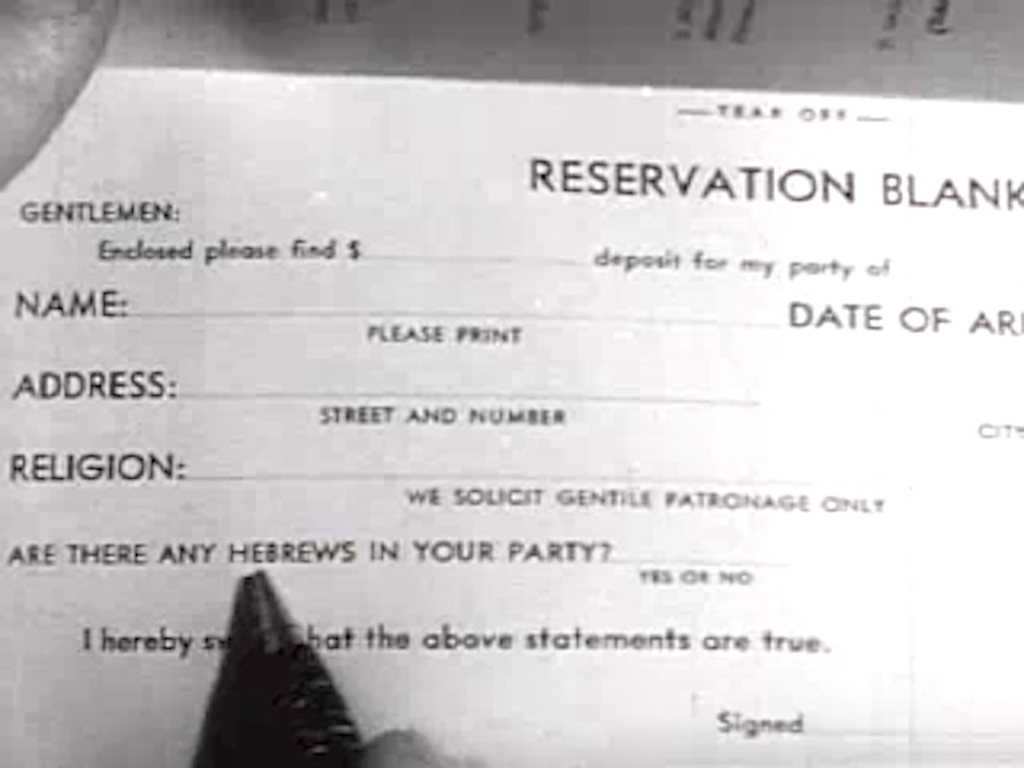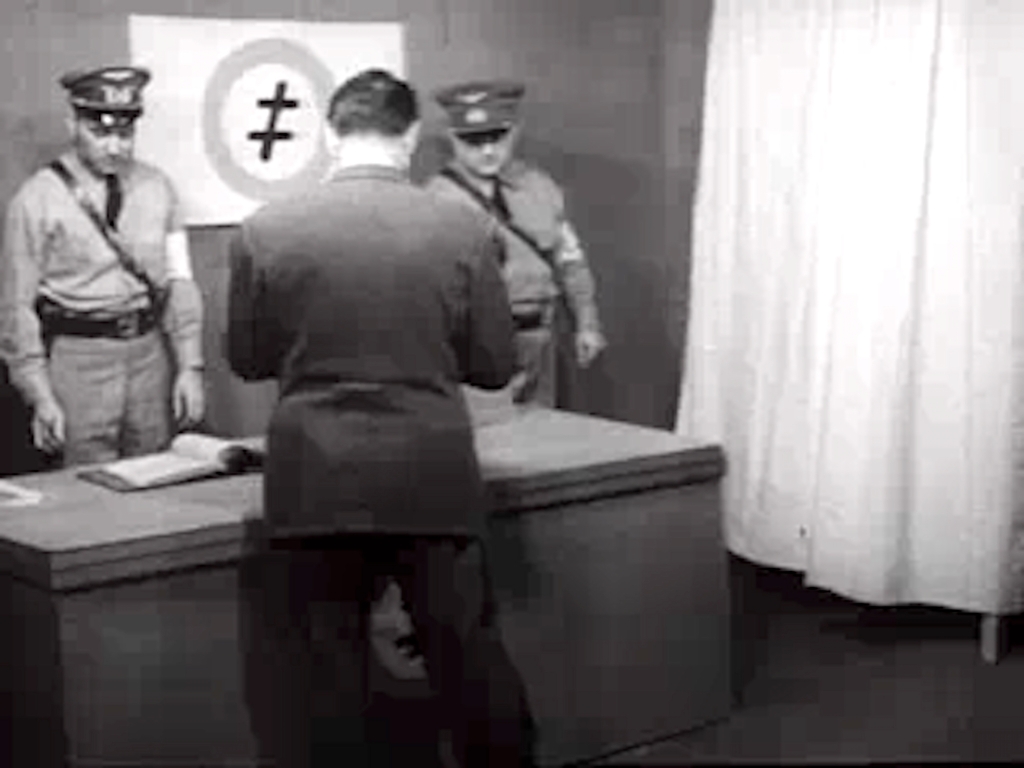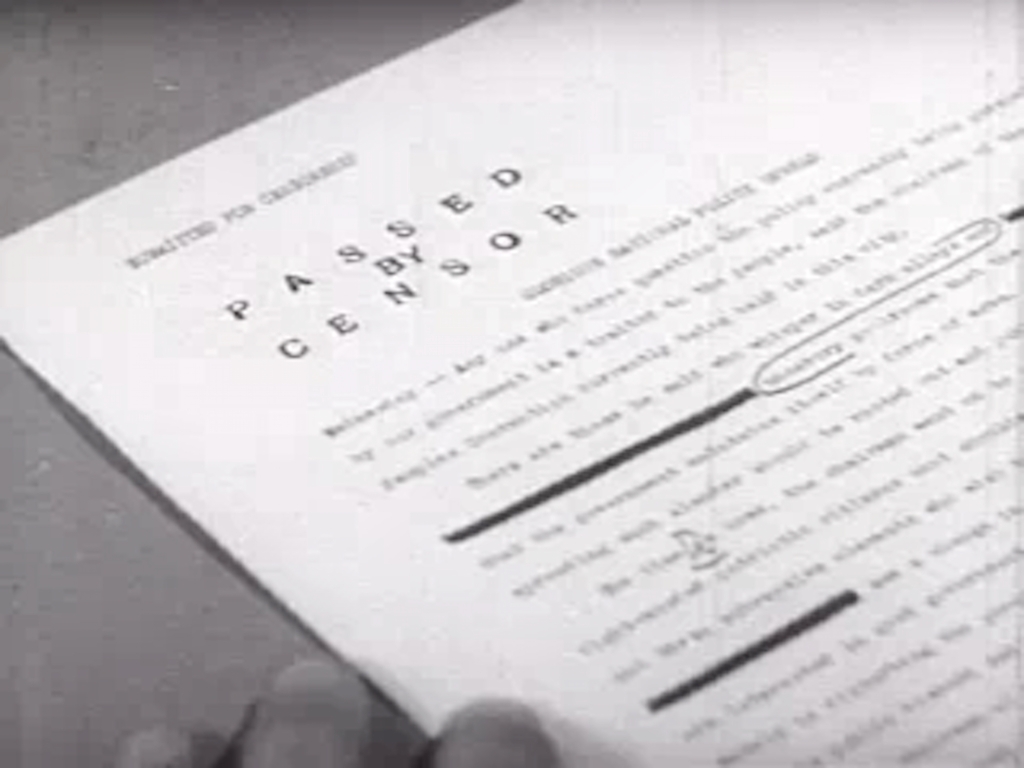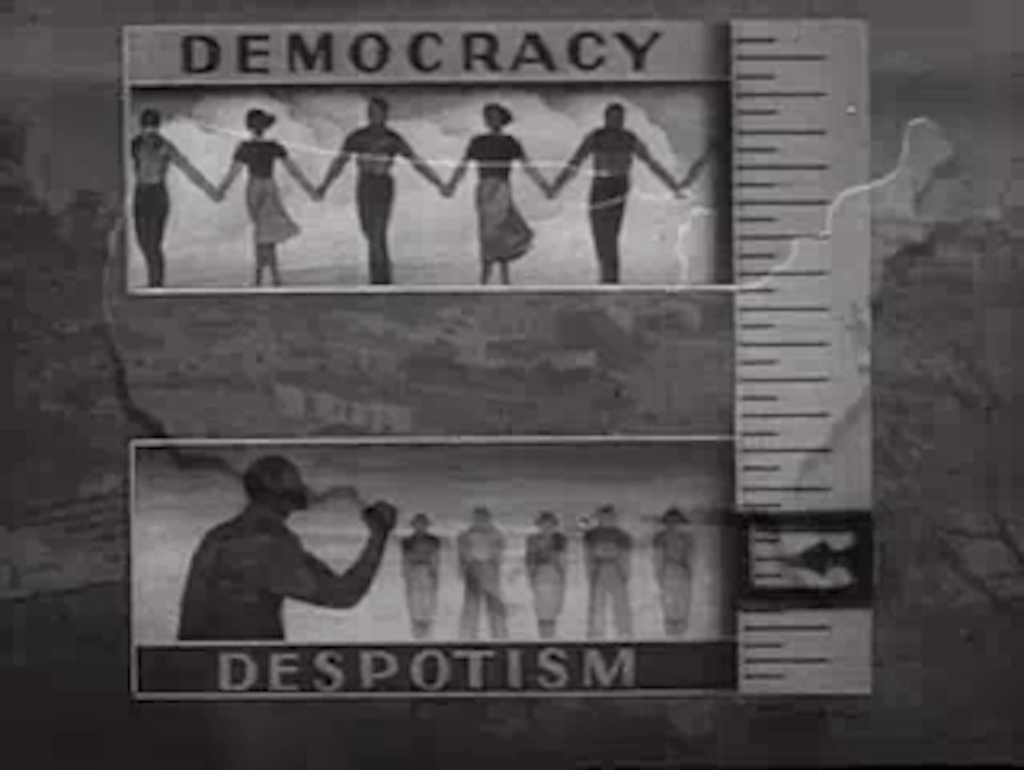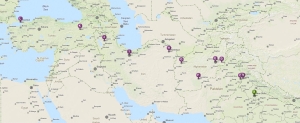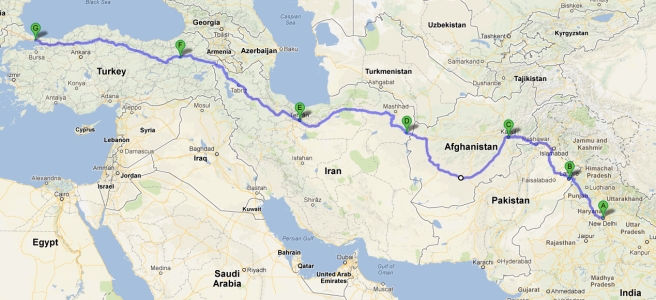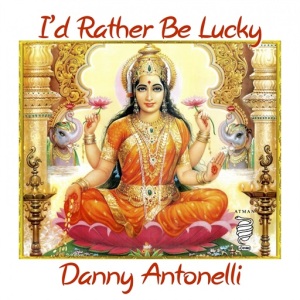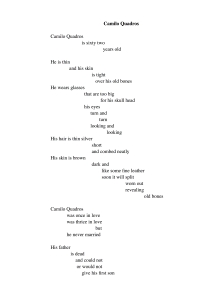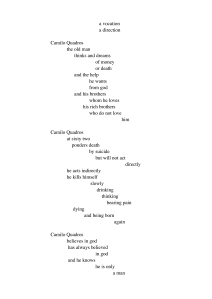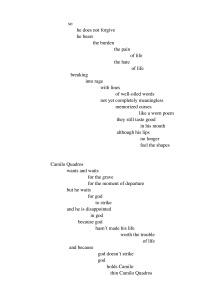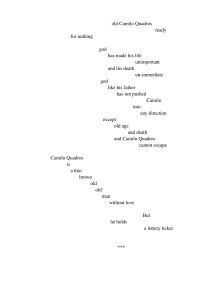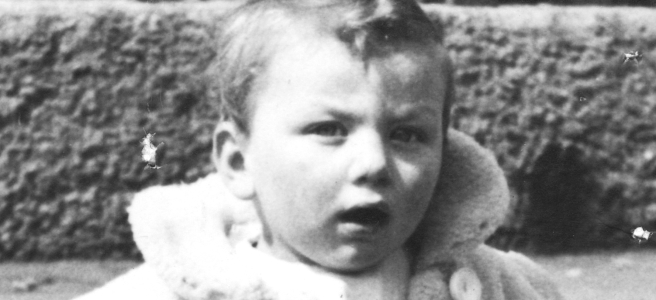For David Franklin née Queen 04 04 1944 – 24 03 2023
You suffered much in your life. Being you was not an easy task. There was so much more to you than that outwardly jolly fellow who couldn’t stop telling jokes and who when we talked turned into a straight man for my remarks. We laughed well together. And that laughter sometimes distracted you from your suffering, your preoccupation with making things work right, which they seldom did for you because, after all, you were a spendthrift and often a mark for the unscrupulous in your midst.
Who were you really underneath all those layers of brain? You carried so much with you in that skull of yours, the images of your life in West Virginia with Grandma Peachy and the folks who cared for you like your father and mother refused to do;
Your forced detention in a family with three other brothers who never understood what it meant to be the one who could see through all the rot and the lies and yet who traveled with eyes open wide from Fort Bragg to a Saigon in the midst of a hopeless war,
Where you lived in a compound away from the bustling center of town with your warrior father and his misplaced wife and yet you swam in the intellectual waters of the French Lycée making friends with the Vietnamese boy Bo who became your guiding light into the world of knowledge that was hidden in the gems of French literature and the mysteries of Vietnamese lore.
The transmutation was complete when you returned to the tarred streets of North Carolina and the bullying American high school system that would not relent unless you were a football star or had a hot car or knew how to make money in streams and stacks, a talent you lacked.
The talent you had was for remembering things, like the fact that all who follow the Bible must be Hebrews because that is the book of the people, so you converted at 18 and learned the rites and the words and in the temple you found a home with outcasts who, like you, have always been outside and yet were able to survive.
With your special skill for languages you survived in the Air Force because they sent you to learn Russian and transformed you into an important asset for the machine of the state that always needs to know all about the enemy.
And so you were on the road again to the northernmost tip of the northernmost island of the Empire of the Sun, where with your headphones on your head you heard codes and the voice of Boris and the other pilots who took to the air from the island a few kilometers across the water from where you were.
Privy to secrets you could never reveal, you had a secret of your own that you only revealed to people you could trust, which never included members of your family because they had been brainwashed into believing that purity was white and sin was doubt and loyalty had nothing to do with compassion.
Your job allowed you to escape from scrutiny and move with elation to the city of brotherly love and the university that would give you papers describing your expertise in the deciphering of languages both Slavic and Latin.
You worked for them and for those who would use your skills and then were finally ready to leave the hellhole that had become your travails in Washington D.C. with the wild religious fanatic wife and the soon-to-be-abandoned son who would later turn to alcohol and rant that the addiction was your fault.
You had faults. You knew your faults. You cataloged your faults often in conversation and yet you were unable to fix them all, as I suppose you actually tried to do from time to time. But some faults are too delicious to abandon.
Somehow you were able to discover a way to reveal to your half-brother the existence of yourself and this nudged him toward the road which went from India to London and back, by bus, by train, by encounters that could have ended in jail or death or a poor girl getting pregnant with a stranger like me.
But through it all you remained yourself, your eyes always open and your game always cloaked and hidden behind so many layers of deception that even now after all these years it’s impossible to really know who you actually were and what you actually did and for whom you were doing it.
My suspicions were always wrong and yet I know I am right when I say that behind that mask of rebellion there was a loyal citizen in love with freedom and the rights of man and the hope of democracy, tempered by the lure of Karl Marx and the visions of equality that his manifesto transmitted to those who dreamed of a future that would never arrive in your lifetime.
But the language skill enabled you to infiltrate the post-Soviet free-for-all in Moscow and the Stans, and to solidify your image you even allied yourself with an Olga, who made it seem as if you were an OK vodka-drinking pal of the new order and so were able to slither past many a mistrustful eye and eventually escape the ruthlessness of the Bratva when they grabbed control of the system from within.
You flew back and forth like a busy bee from East to West, from D.C. to LA and finally to Saudi where your new career evolved into a long tenure teaching the spoiled children of millionaires the History of the World Part 1.
You liked to stoke the fires of political discourse with your professed belief in all things revolutionary while you enticed the same rhetoric from others so they could be defined and described and identified should it be necessary to do so.
Which is why I avoided belief and avoided disbelief and never said anything which could be construed or misconstrued by them or the other them, and you probably understood me better after I mentioned the day you took me to the Soviet Embassy in Rome and we walked through the gate and then in through the door and you showed me the rotunda ceiling and we walked out and I noticed the open window across the street so dark and aimed directly at us and I knew then, and you somehow couldn’t remember this moment, so I knew then and you knew then that I knew.
Good and bad are terms that really are like white and black but mean nothing in a life which is grey and shades of pink and blue and impossible to really judge by any non-deist standard since we all drift freely toward the solid white and then drift back toward the solid black and only maybe the saints reach solid white and the devils reach solid black, but we and you are clappers in a bell and we chime and swing from side to side and only stop when the ringing stops, like it did for you almost a month ago.
I saw the photo of your foot protruding from under the blue sheet that covered your corpse as it lay there inside the oven awaiting the flames. It was your foot. I could see it was part of you. It was as if I could recognize all of you in that foot, the sole wrinkled and the toes pointing toward the ceiling of the oven, well, not the ceiling, but the side of the rounded ceiling because the foot was angled slightly to the right, your right, your right foot, exposed, the other one covered by the sheet.
And in that foot which would soon be consumed by flames like the rest of your body, the skin getting crisp and then charred and then finally decaying into ash, like your bones and all those internal organs which had given you so much trouble in your final years, all eaten by fire and consumed by heat, like going to hell I guess, though you were already beyond any possibility of feeling anything, in that foot I could recognize all of you, all the strangeness of your life.
We are still here. For how long? We walk in the sun and under the raindrops and feel the wind and breathe and see the sky and hear the birds call. They are not the same birds that were here in the garden last year. Maybe one or two. The rest are new, born recently, the old ones dead or moved away to some other garden. Feathers and bones and skin and bones and all the tangible parts still here soon to be gone to join the ashes and the dust that rides the wind.
Your ashes, David, are in a white marble urn. Gene Rose asked me if I wanted it. I said No, she should carry out your wish to have your ashes scattered in the ocean or under a growing tree.
What would I do with your ashes here in the cold and rainy northland? My garden is no place for a man of your intellect and your disregard for conventional behavior. I could not have done what you did with your life. You earned so much, threw away so much.
Did you waste your life? We all waste our lives somehow. We never really live up to our true potential as human beings. Some get closer than others. I always think of Shakespeare in that regard. But didn’t he waste his life too writing verse and making up characters who live only on a stage if they live at all.
You were a strange guy David. I really only knew the flash-in-the-pan that you directed at me. I never spent that much time in your company without wanting to not be in your company. There was something about you that made me uncomfortable. You were dangerous. Like your father was dangerous. Like your uncle Ray was dangerous. There was, underneath that skin and those brown eyes and layers of brain, a potential murderer.
We traveled together for weeks from Amsterdam – where you made me wait for hours at the railway station and I stood there being approached by men who thought I was waiting there to get picked up for a quick nasty moment in a public toilet – before you emerged from beneath the ground climbing the stairs among a throng of commuters and I was finally able to exit and breathe fresh air without feeling trapped.
I remember when you disappeared in Belgrade and I wandered around near a park where you said you would meet me and saw you appear in the doorway of a hotel nearby, and I wondered what that might mean, although actually I knew very well what it meant and kept it secret to myself because there was no need to confront you with anything that would mean nothing anyway because it was you and you would have lied your way out of it.
You were a very good liar, like my mother, who was not your mother, like your father, who was my father. I have always been surrounded by very good liars. Naiveté attracts liars like honey attracts hungry bears. Neither one of them can ever get enough of the sweetness that exudes from the source. Not that I am sweet like that, but I don’t lie in the same way. I hide. I am afraid and have learned how to hide behind innocence and behind shyness and behind stupidity. That’s how I survived my journey at your side.
In Istanbul I found a girl who wanted me and she slid under my covers in that communal sleeping room where you slept not so far away and where she slid me into her with the hope of attaining some form of pleasure that you destroyed when you woke and saw what was happening and gave such a groan of disappointment that the girl looked at you, stopped her movements and slid off me.
Later, as we wandered around town the four of us, you with her friend, a young man who acted like her guardian, me and her looking constantly for a nook or a cranny where we could continue what had been interrupted, it became clear that you and her friend were conspiring to keep the two of us sex-hungry animals from consummating our desires.
I don’t remember her name. She melted into the past as we boarded a small bus which was actually a white van with a few rows of seats. It held 8 passengers and trundled through stony mountainous Turkey, to Cappadocia and then to eventually arrive at the border with Iran where we boarded a bus.
Being with you and your conversation destroyed my solitary view of the world and distracted me from my thoughts so that what had been a journey of discovery from New Delhi to London turned into a journey of forgetting on the way back.
As more and more westerners joined the caravan to India on the busses from Tehran and through Afghanistan, you made conversation with others, the kind of people I had avoided on my journey to fetch you. I still didn’t talk much, but you did, and with Frank Lawatsch you organized the group into being able to buy tickets for the train together and for the bus together and I went along for the ride because that’s what I always did when you were around.
Years later when I came to visit you in Philly, after you had once again left me stranded, this time in New York at the pier, where you said you would pick me up from the ship I had sailed across the Atlantic on from Europe. But when I called you in Philly, you answered the phone and acted as if it was normal for me to wait for hours on you and told me to take a Greyhound, get off at the station and Spruce Street wasn’t far from there.
You and Charlie and two girls had been watching the results of the election, a landslide victory for the man who would soon have to resign from his presidency. I had seen the headlines in New York: NIXON TAKES 49 STATES. It was the beginning of the end for the United States. Soon after that they would lose in Vietnam and now they are losing their democracy.
By the time we got to New Delhi, the scene was set for you to have long conversations with my mother about how your life had been with the man who had fathered me. It turns out that it was much better for me not to have been a member of your household.
A week before you died you told me how much you hated your own mother. Cold and mean, you said. Like the brother you hated because he was Daddy’s boy. You were kicked into a closet by your father the violent drunk, and hidden from view. From all you said, it was safer there too.
In India you saw what you had to see, the Taj, Old Delhi, the Red Fort, and you went fishing for eels with Sergei and Gennadiy, who you were able to converse with in Russian. Strangely, they showed up at my mother’s apartment shortly before I left to go get you. We were invited to their place to drink vodka and eat little tidbits. I left and when I returned with you, they showed up again.
The reason I never was called for duty to any cause is because I reveal everything when asked. I reveal secrets. I haven’t revealed yours yet, have I? Maybe I won’t. Maybe I will. The clever ones will know anyway just from how you behaved when you saw me enjoying la femme.
And then you flew back to your homeland and I was able to breathe freely again. In a way it’s how I feel now. You have been reduced to ash and I am still breathing freely.
You took me to North Carolina and on the bus on the way down from Philly, you confessed. It was not so shocking. I had suspected as much. It made no difference to me.
When we arrived at the Fayetteville bus station our father (Our Father) spied from behind a corner using his learned technique of only exposing one half of his face and using only one eye.
He came out grinning, put me in a headlock to show me he could kill me with a twist and let me go because I didn’t get angry, didn’t use an escape technique, and so I passed his little tests.
To the chagrin of your mother, I presented him and and Ray with my mother’s present, a bottle of Johnny Walker Red. You and me and he and Ray finished it off that very same day.
That was it. One picture of his 5 children together and conversation that has long been lost in space and time. How I met my father.
You and I met again from time to time over the years, once when I ran in anger and fear from Portland, Maine and you came and rescued my books and took me back to Philly with you, to clubs, to find a job, to find an apartment, to eventually go to Baltimore and Jean Proudfoot and then to Los Angeles and all the rest, the start of my life living with words.
When you came to me here in Hamburg, you met my family, my friends and did what you always do, made them laugh and charmed them to your side. You couldn’t settle here because you body was decaying and the price here to slow down that decay was too high. So you returned to the Kingdom of Sand and they cut you open and sewed you back up and finally, after you had dome your 20-plus, you could stop teaching the brats and go to a place where you were sure to thrive.
Tbilisi wasn’t it. You almost died there twice. So they put you on a jet back to the red white and blue where the blues were all you got from your profligate alcoholic child.
Off you went again to find a place where your life could continue with some final success. Like famous Uncle Sol in that e.e. cummings poem Nobody Loses All The Time, you found Dumaguete City in the Philippines (your new Philly?) and there you managed to have a successful happy life until, well, you know, until you didn’t have life anymore.
You leaned heavily on me in your final years, on my conversations with you, on the contact which I sometimes found trying and yet maintained because although I cannot say I ever loved you like a brother – a concept I will never understand – I found I could not be rude to you and abandon you like you had been abandoned by your father and mother and your other brothers, Daddy’s boy, the junkie who overdosed, the agoraphobic one, and your son, the alcoholic and his super-religious mother who you rescued from a life of misery in Poland.
You are still in my memory, and the memory of some others of us here on earth. Eventually your memory will fade, like mine will and like it will for most of us, even, eventually for Shakespeare.
You suffered much in your life, David.
Your suffering has ended.
*****


